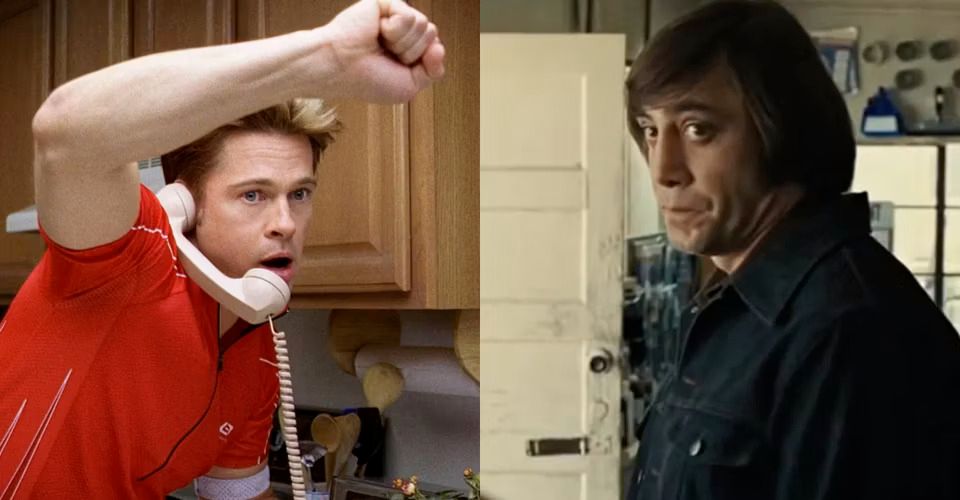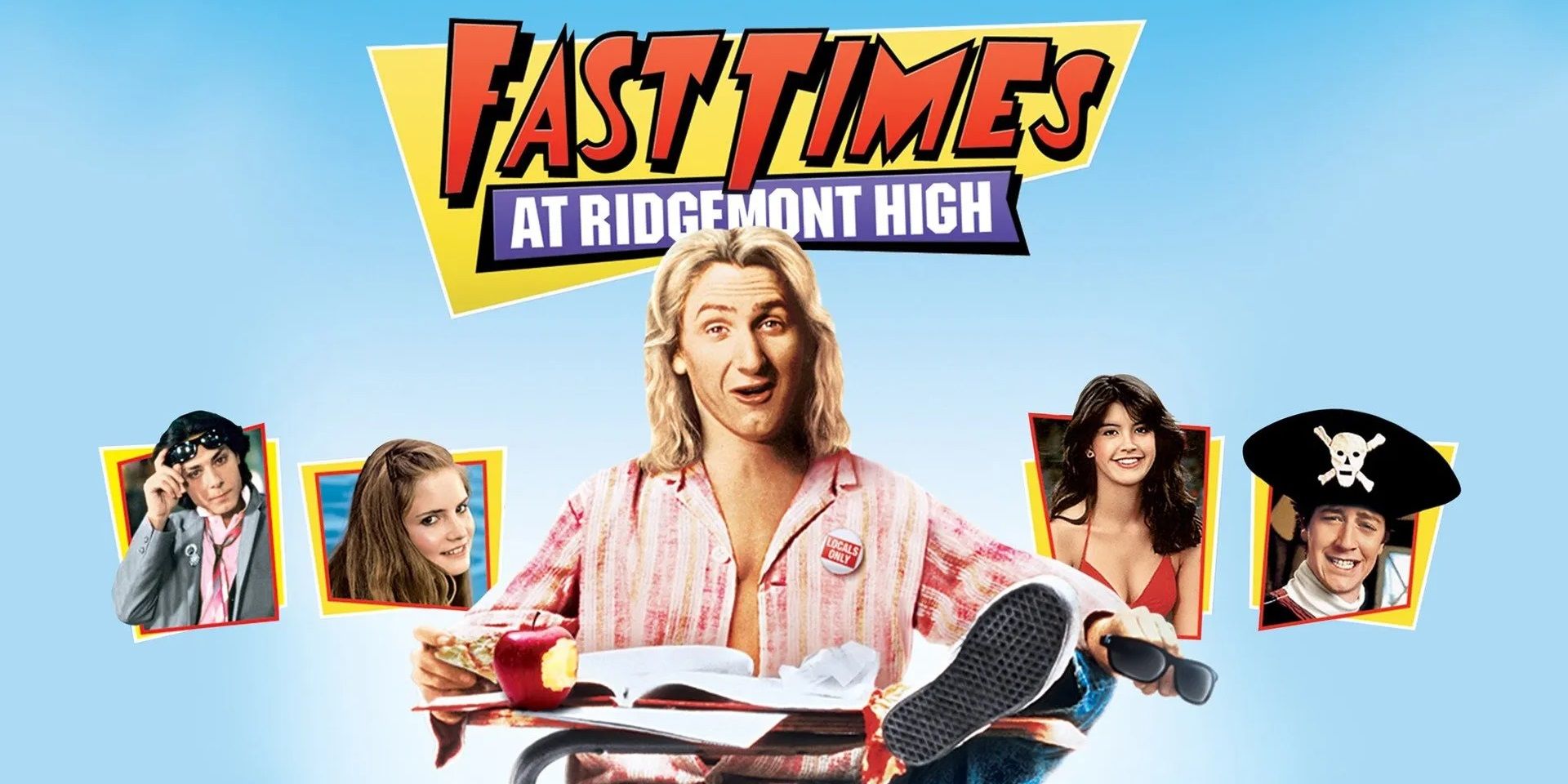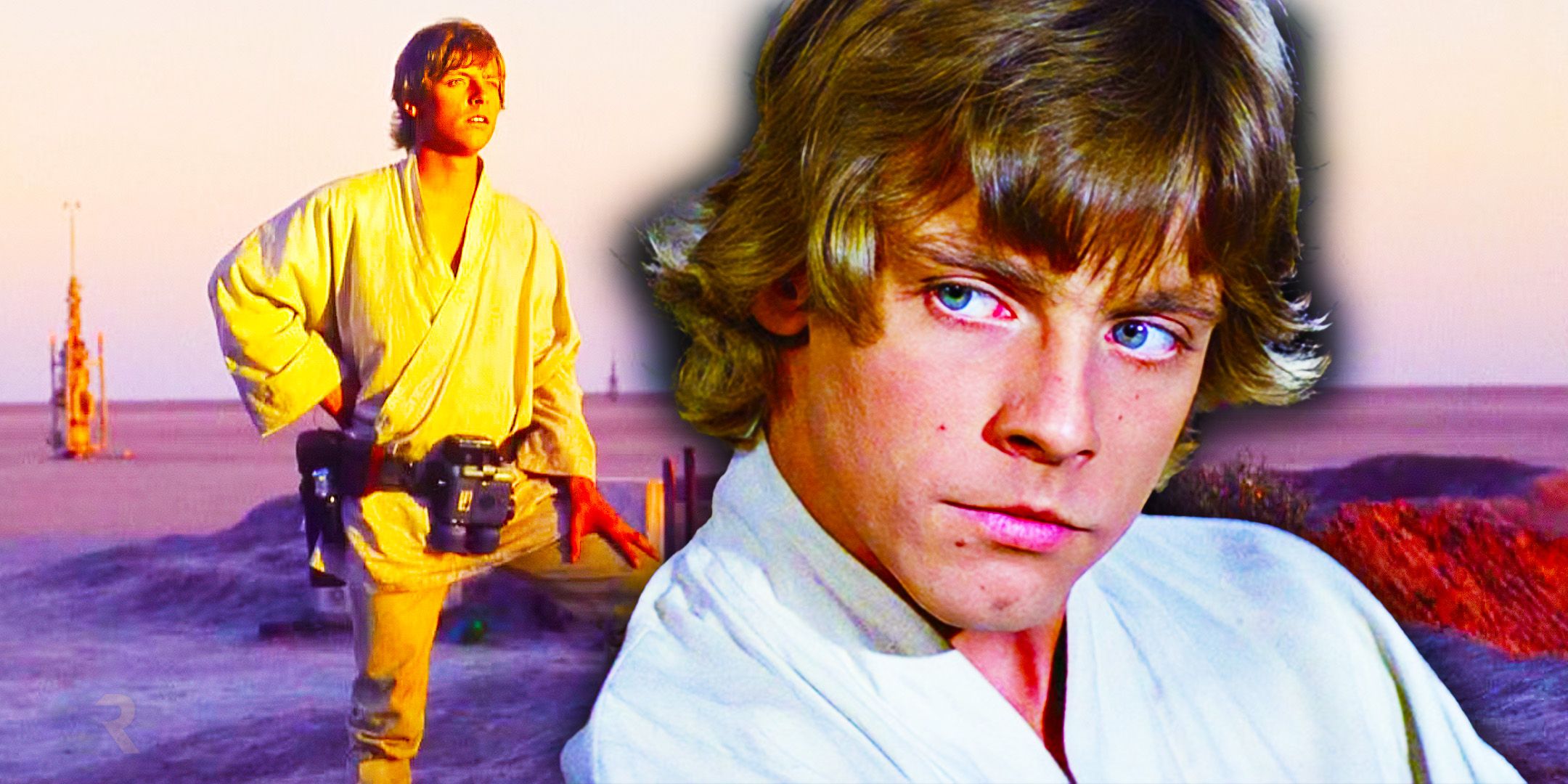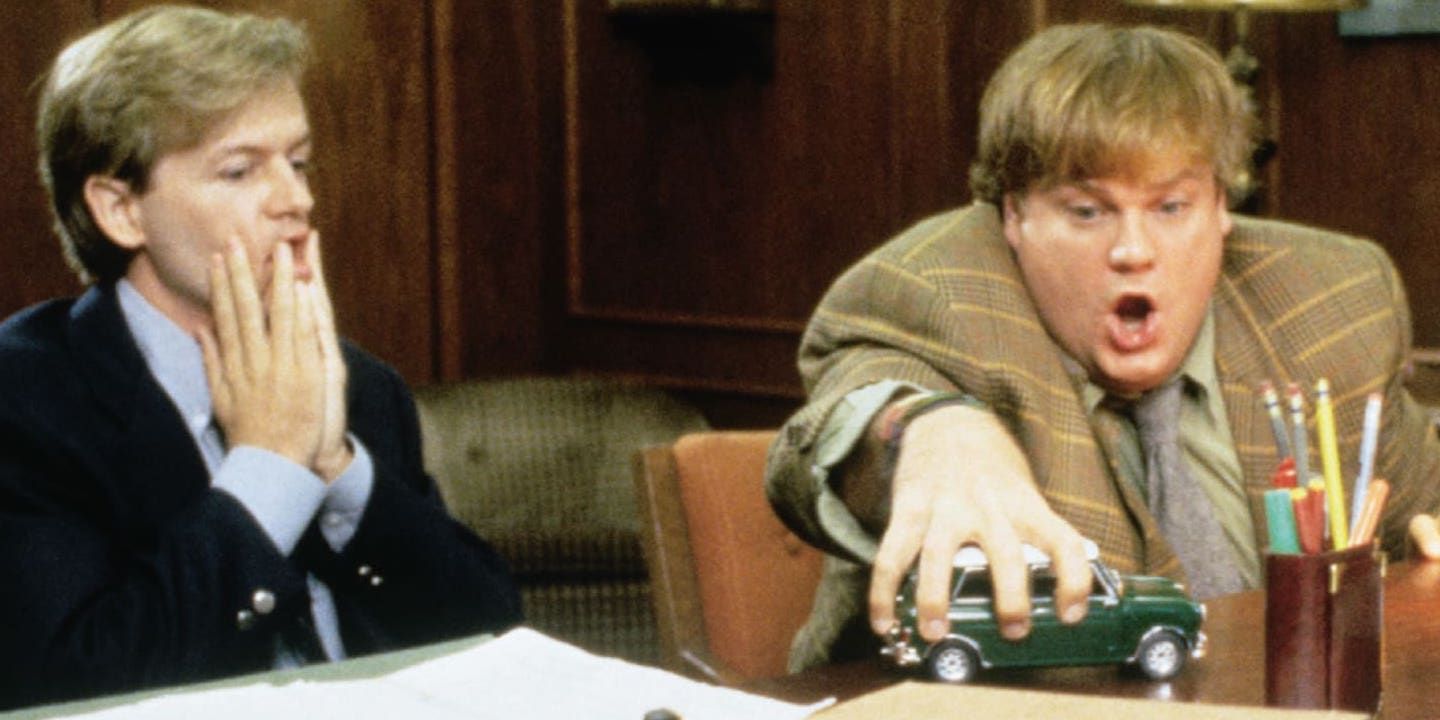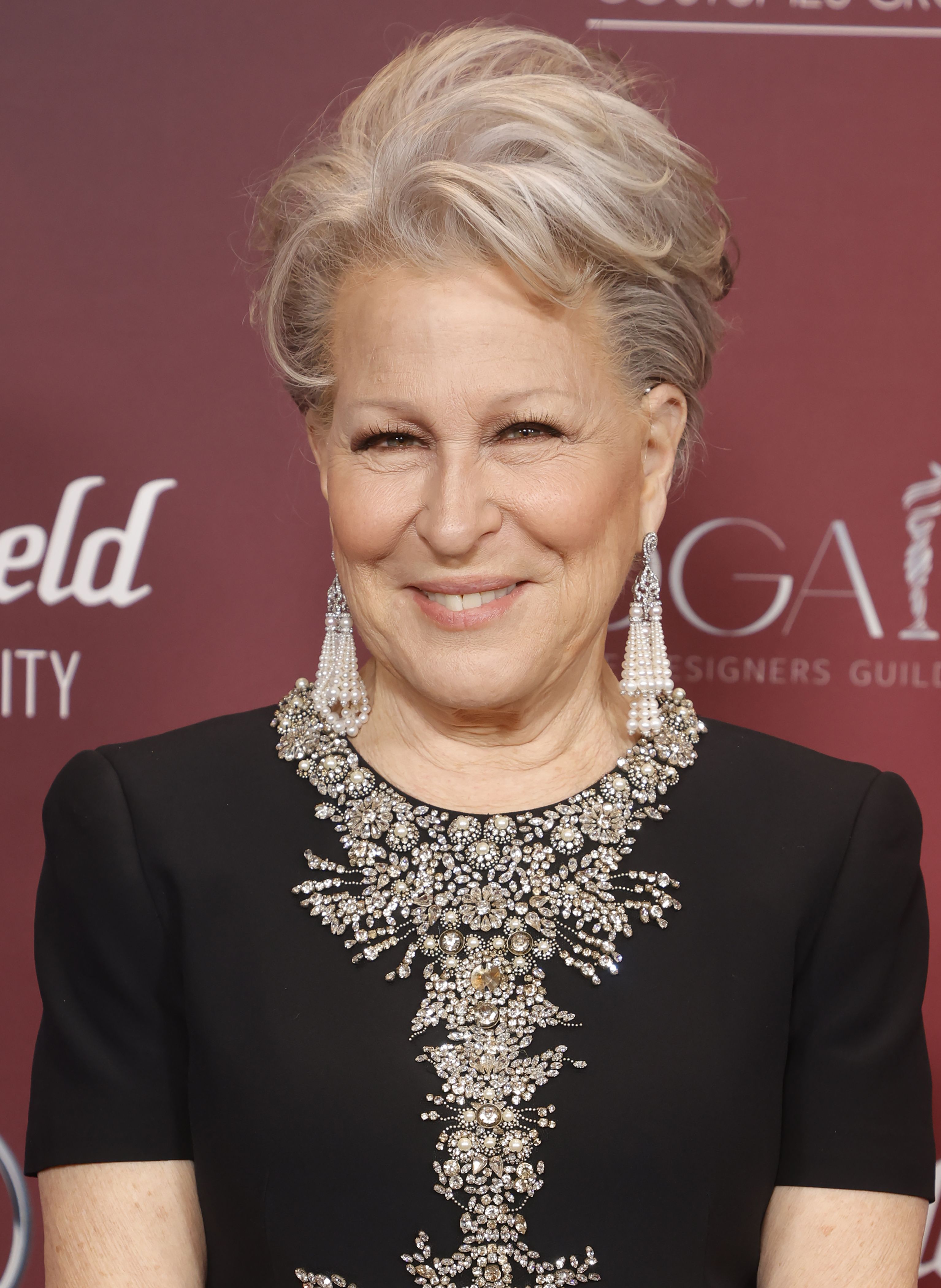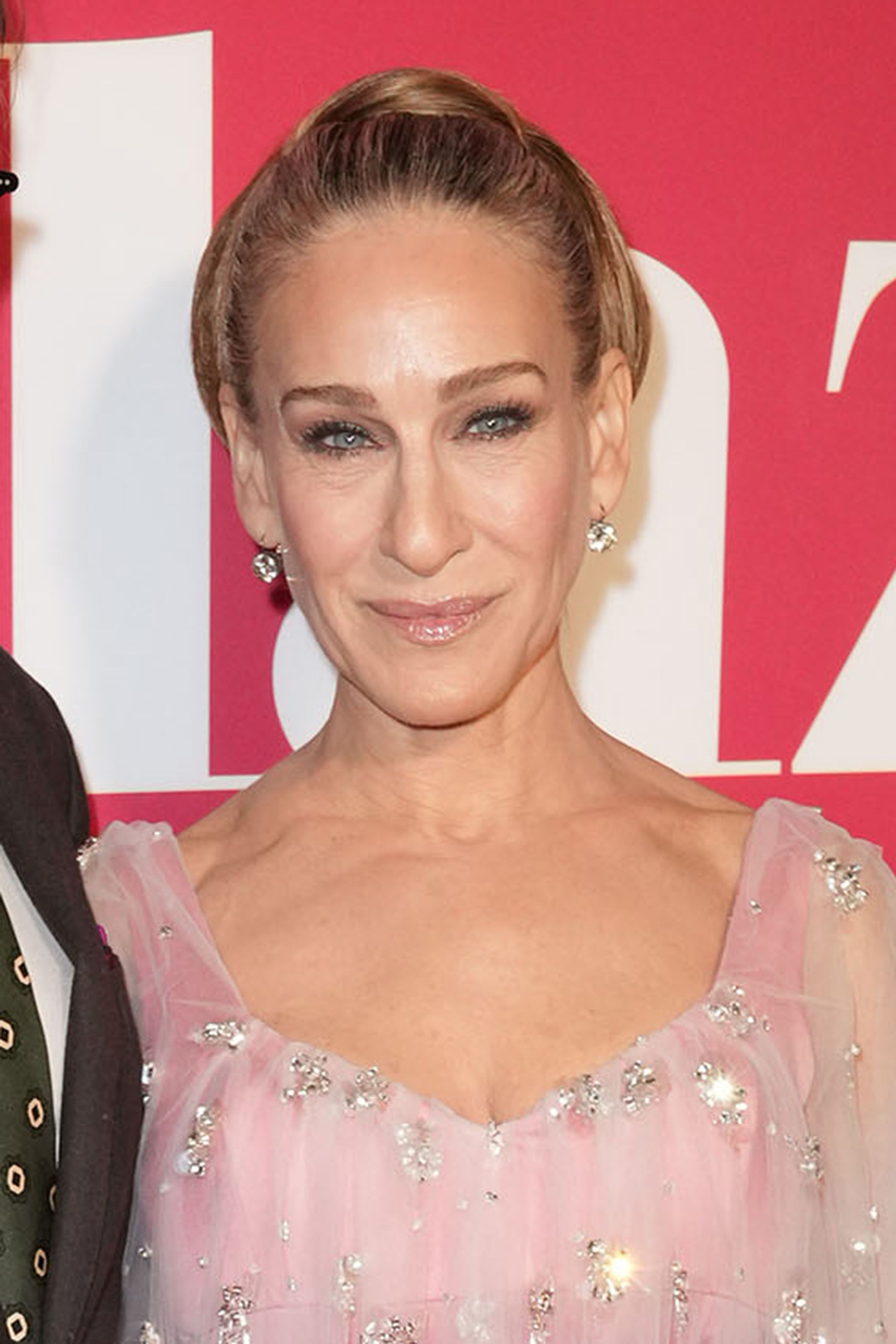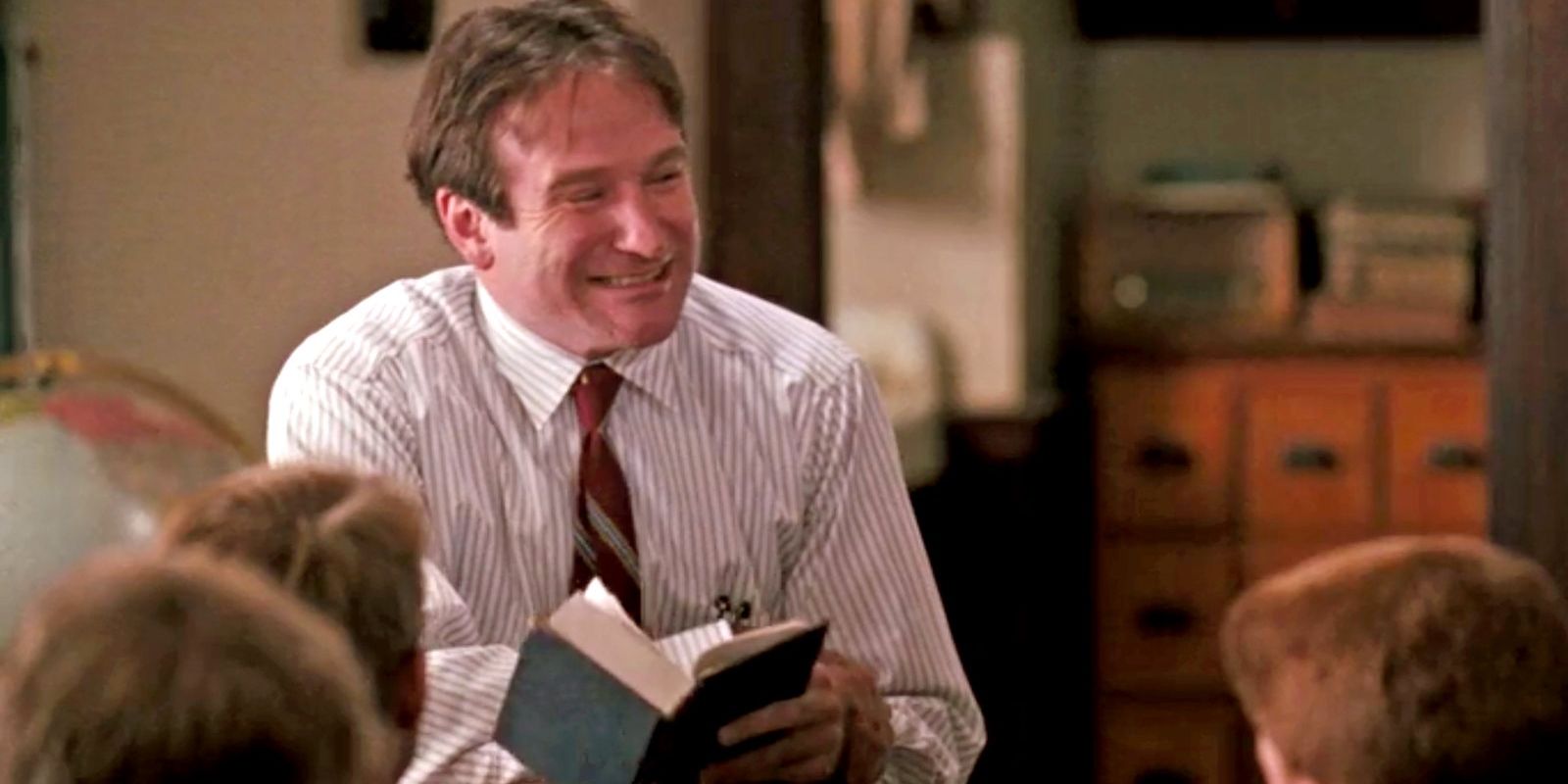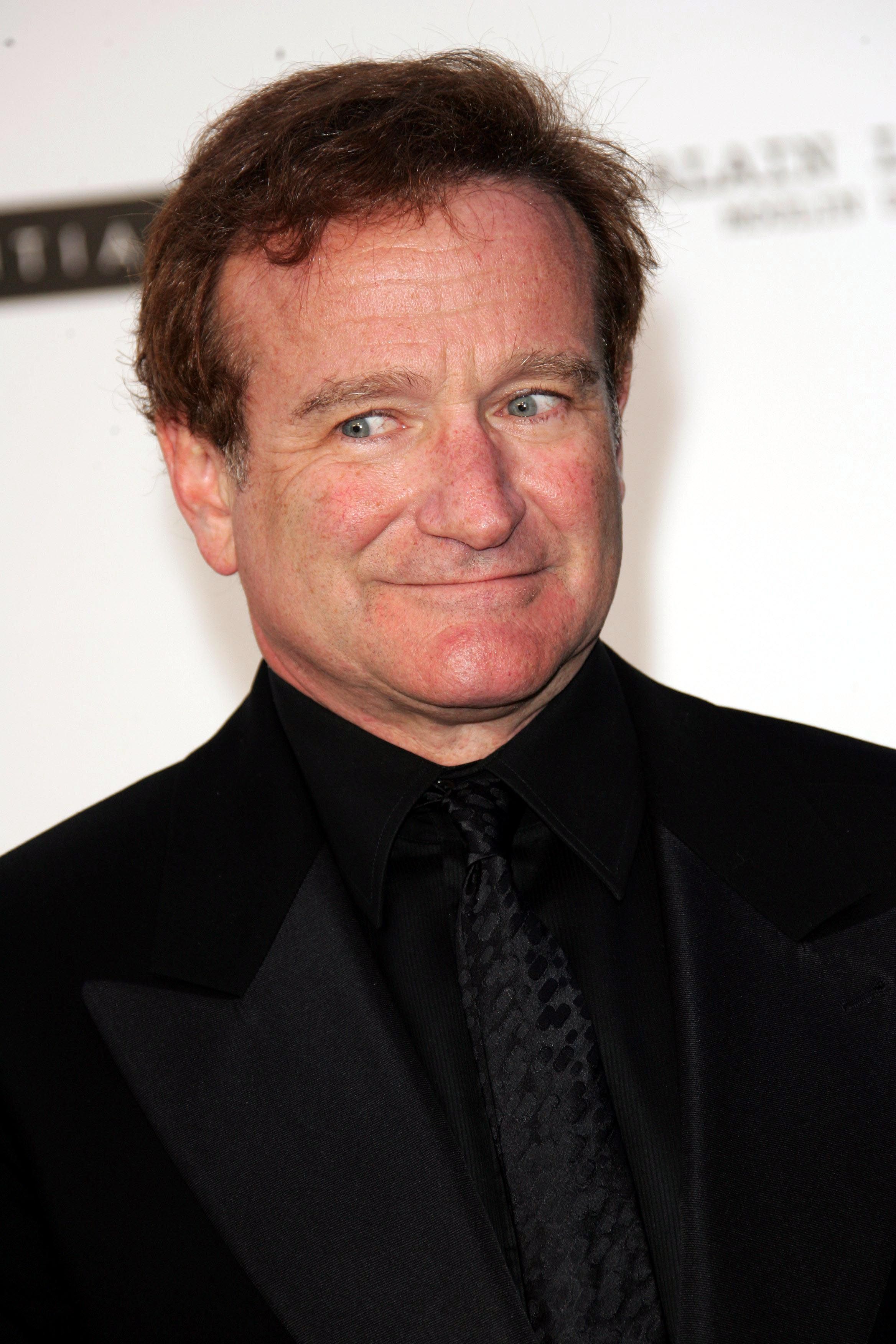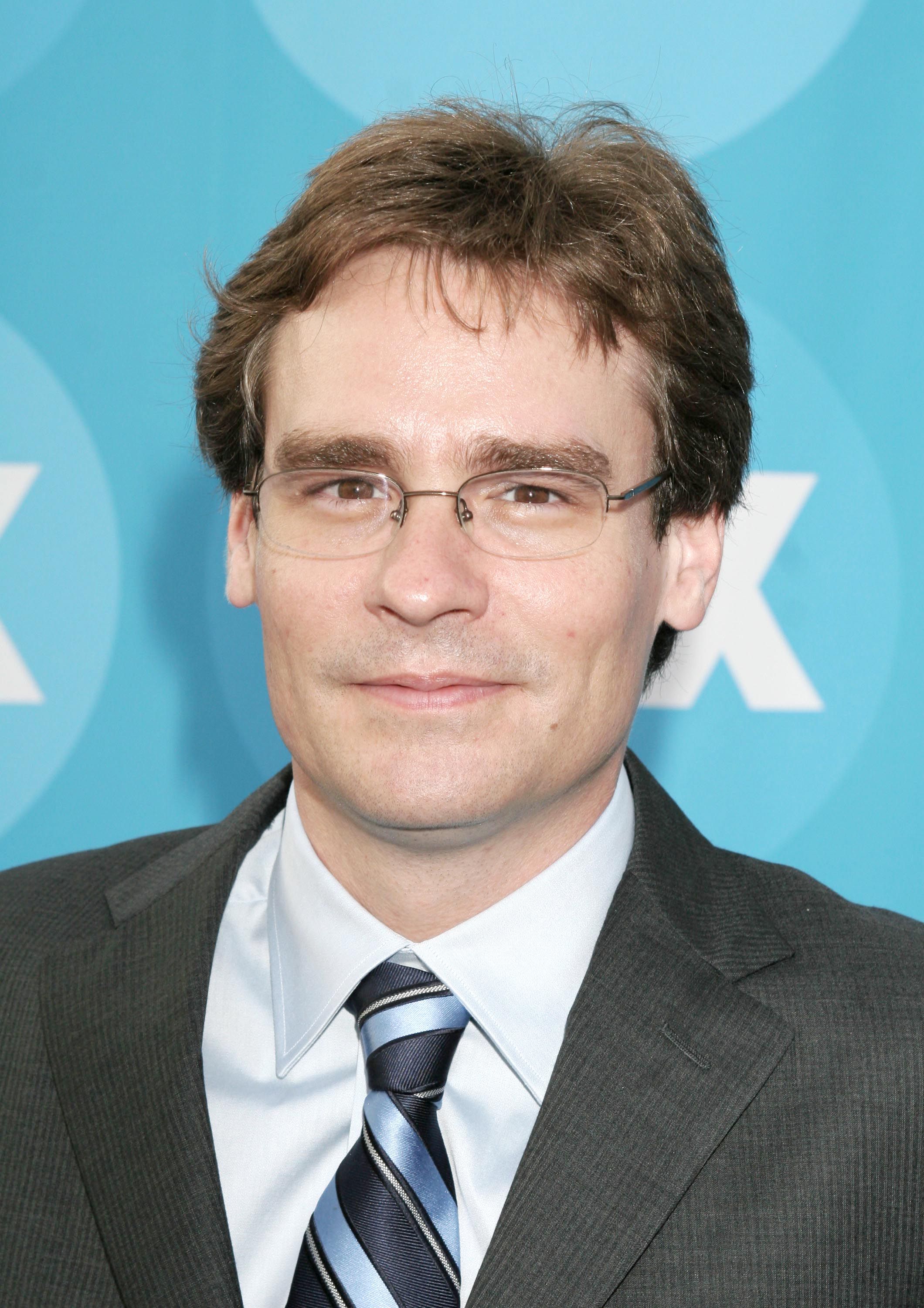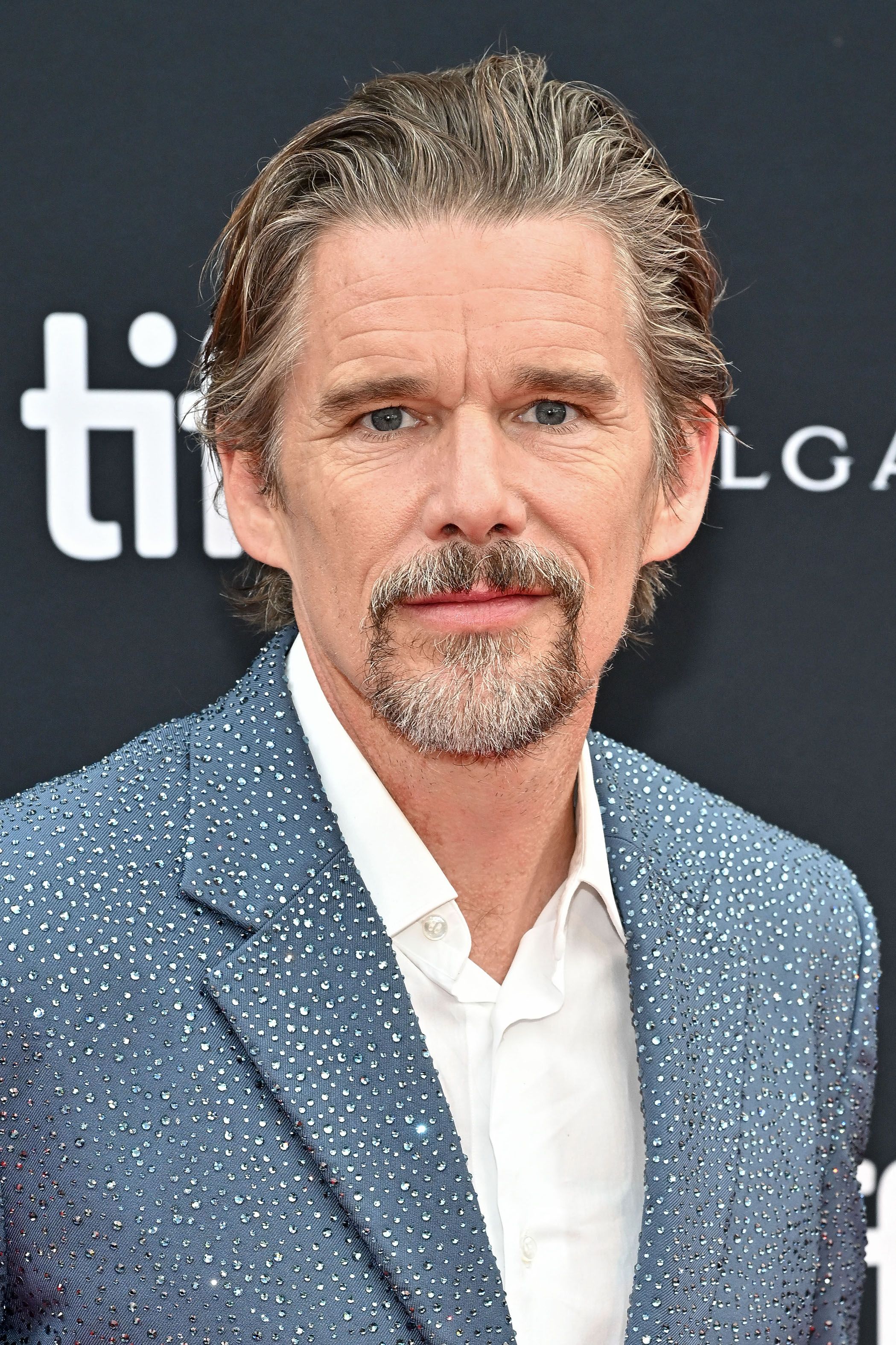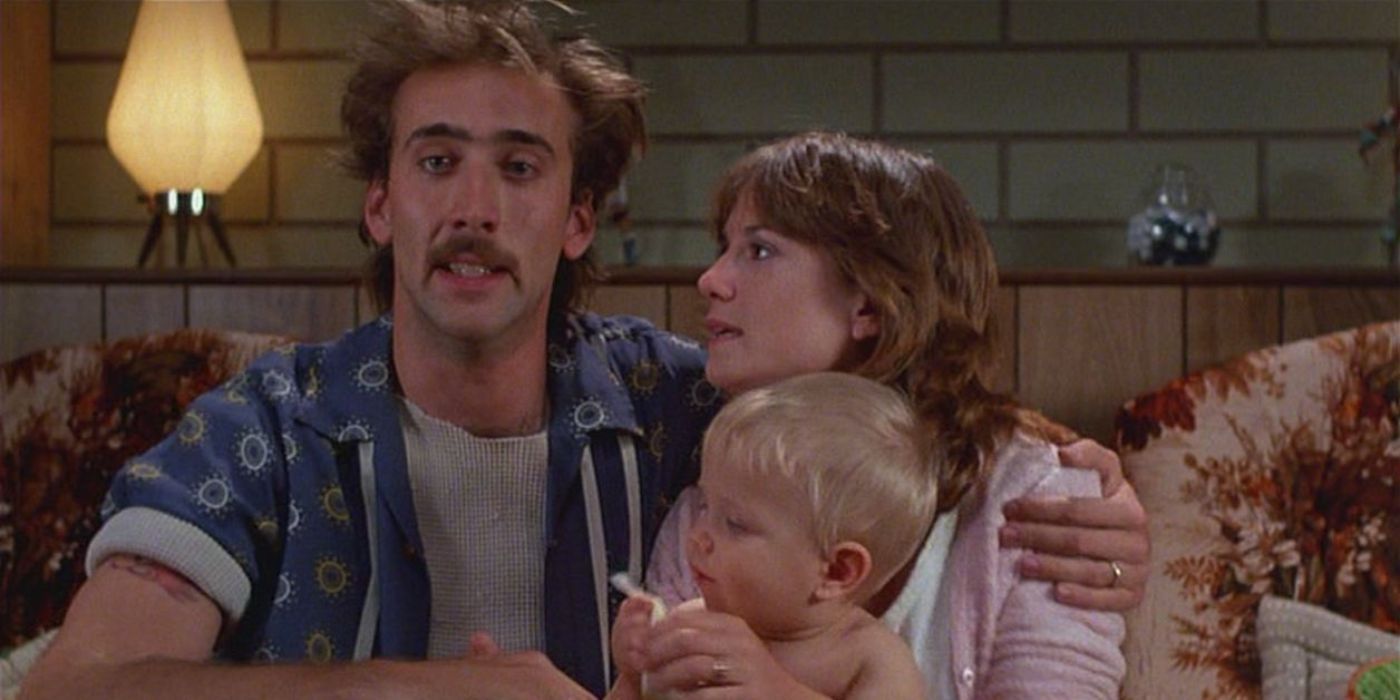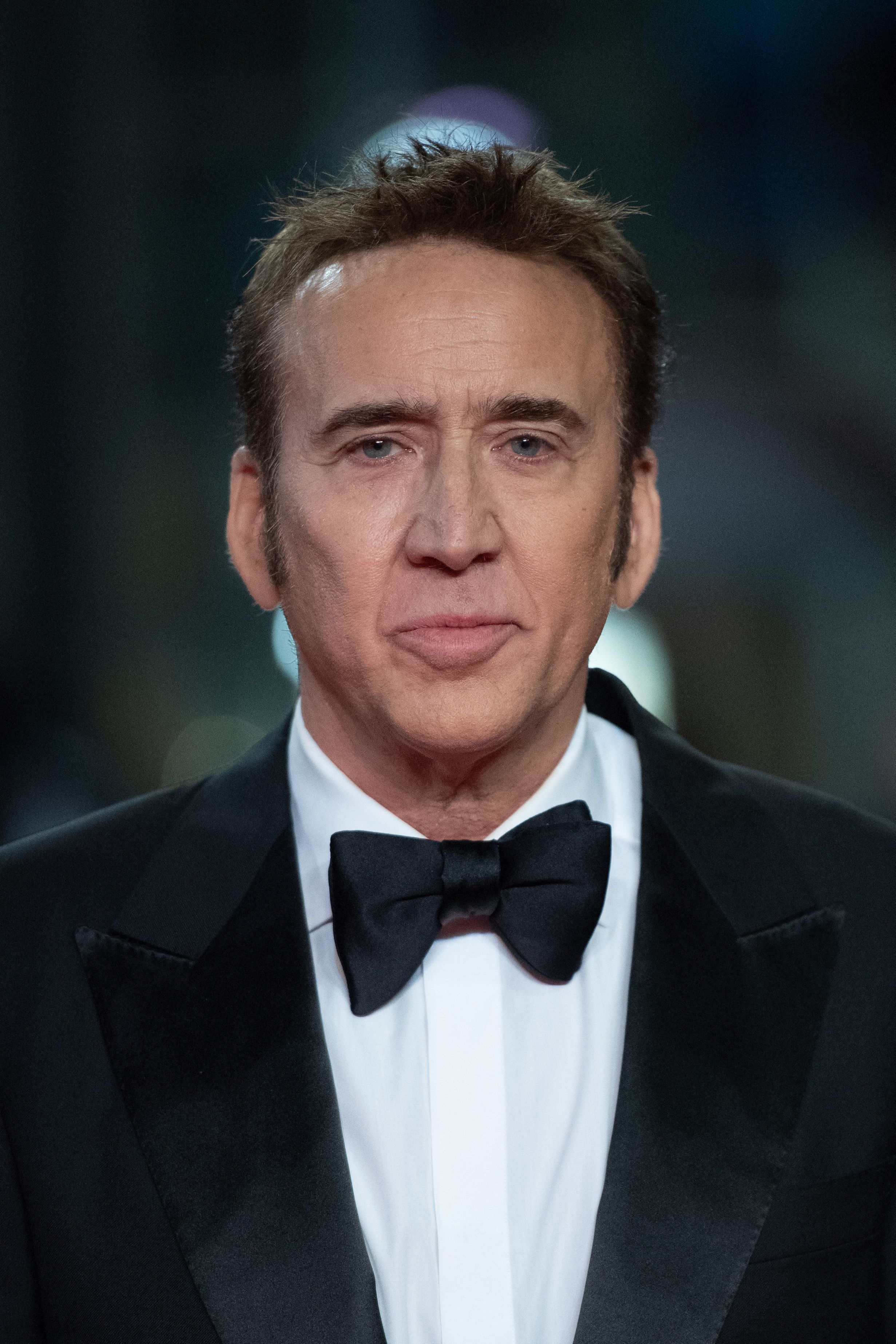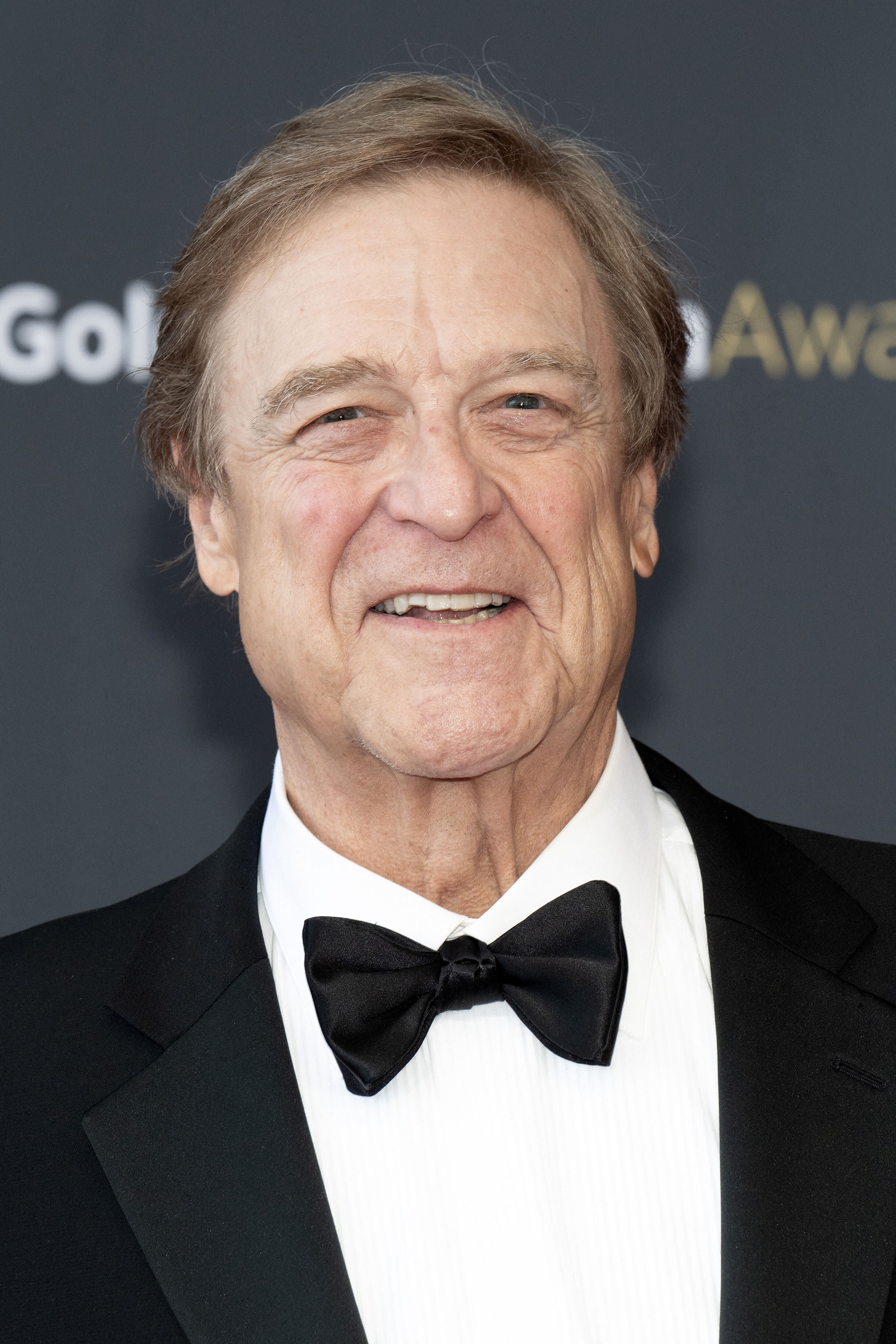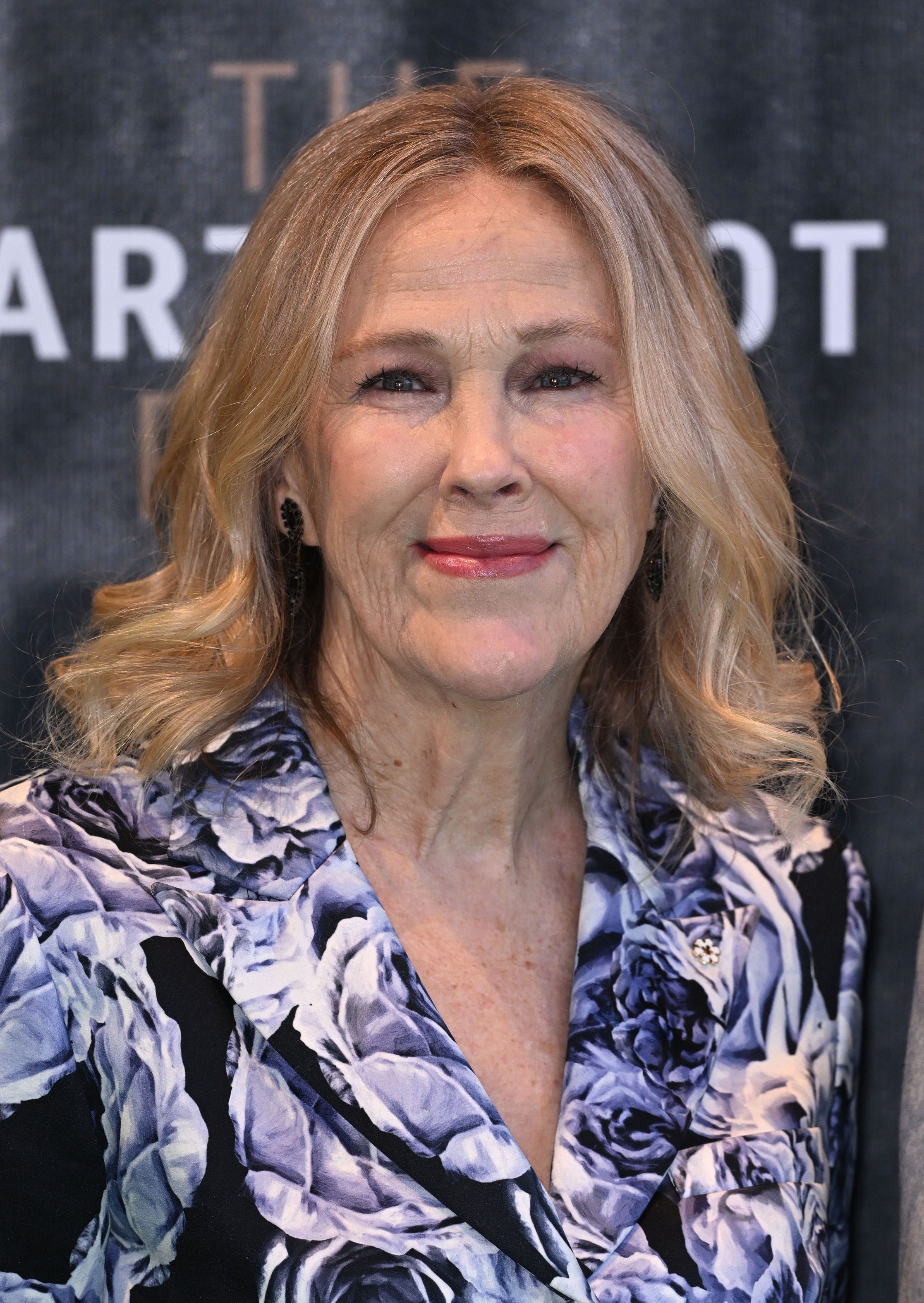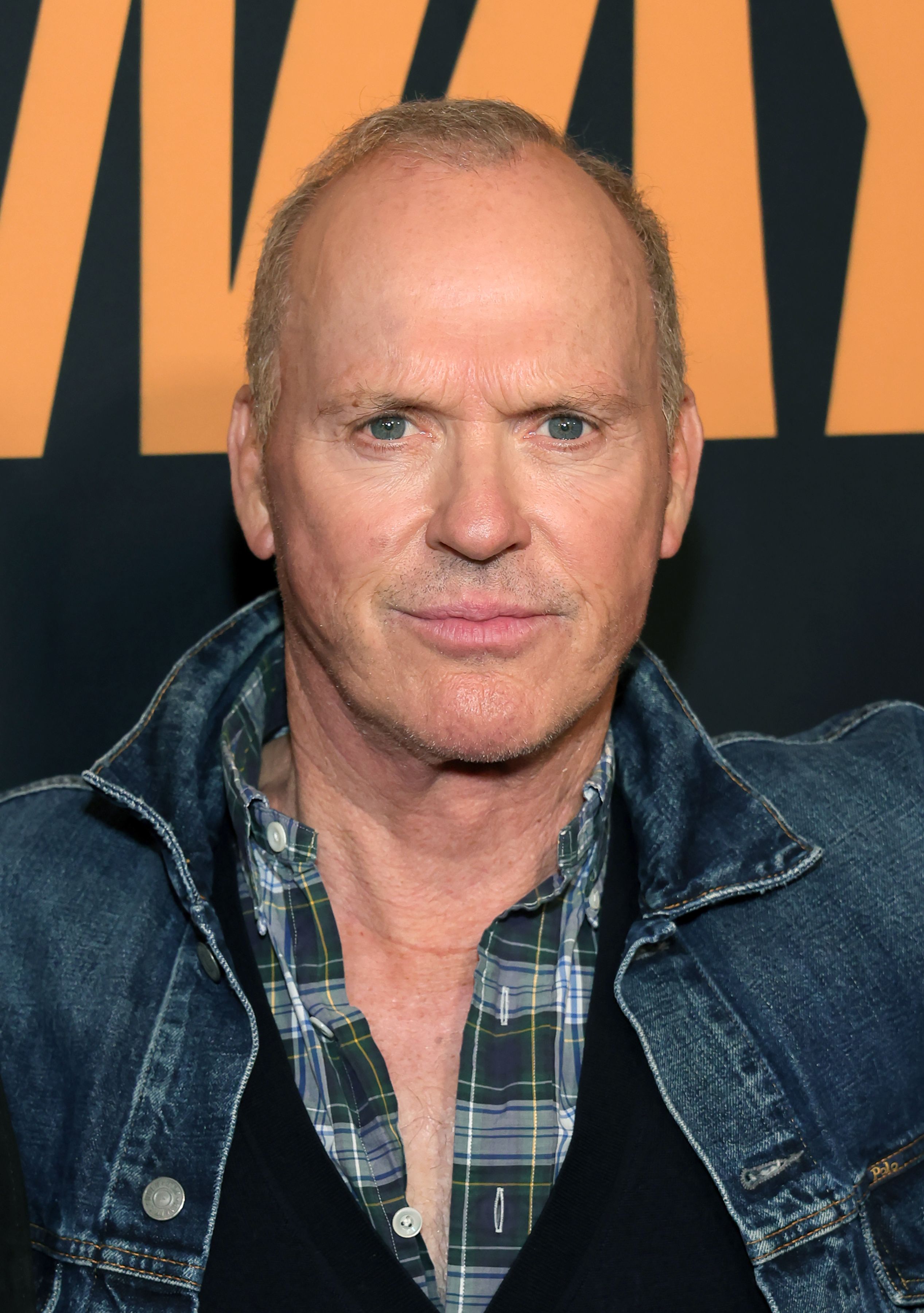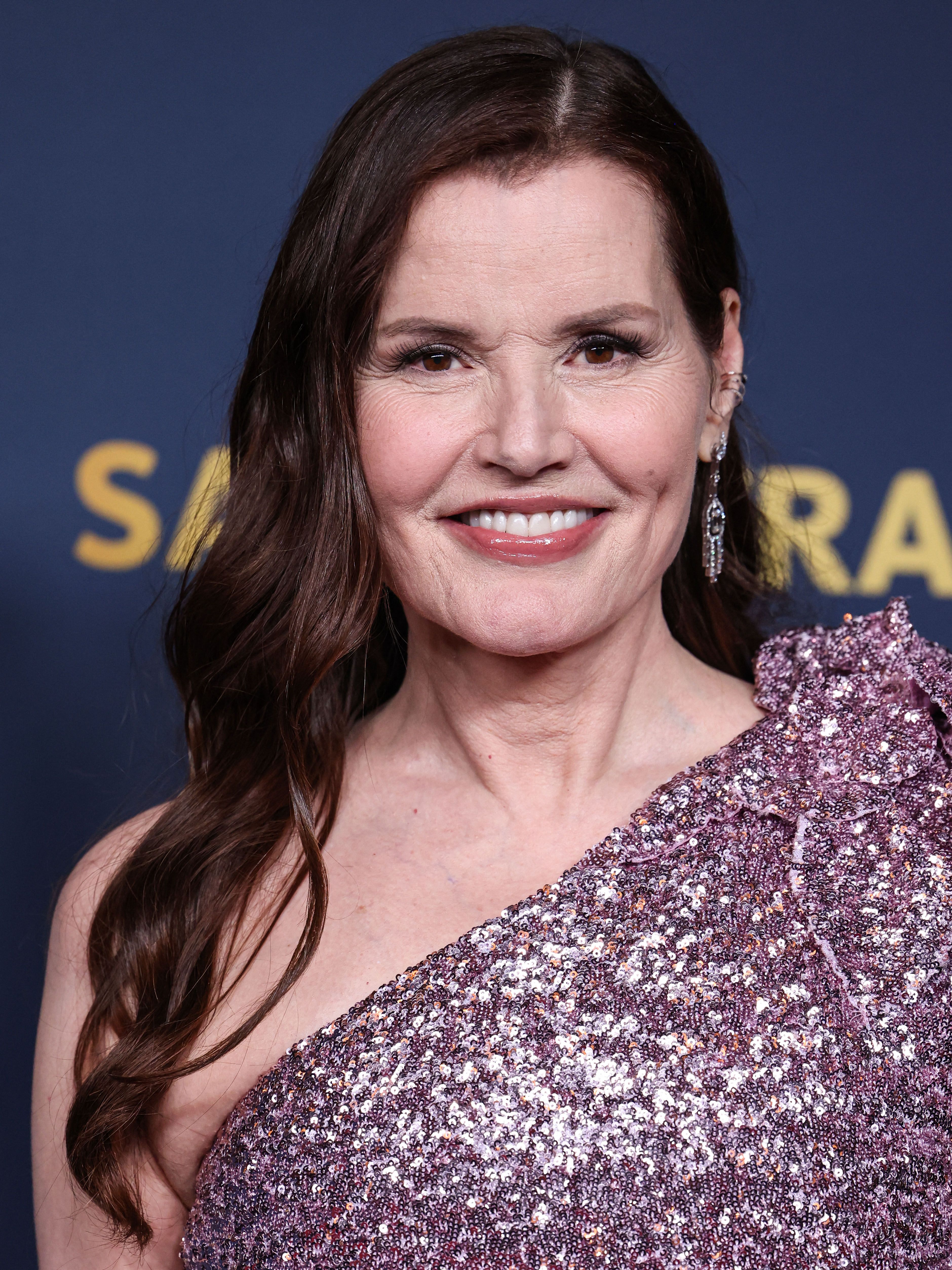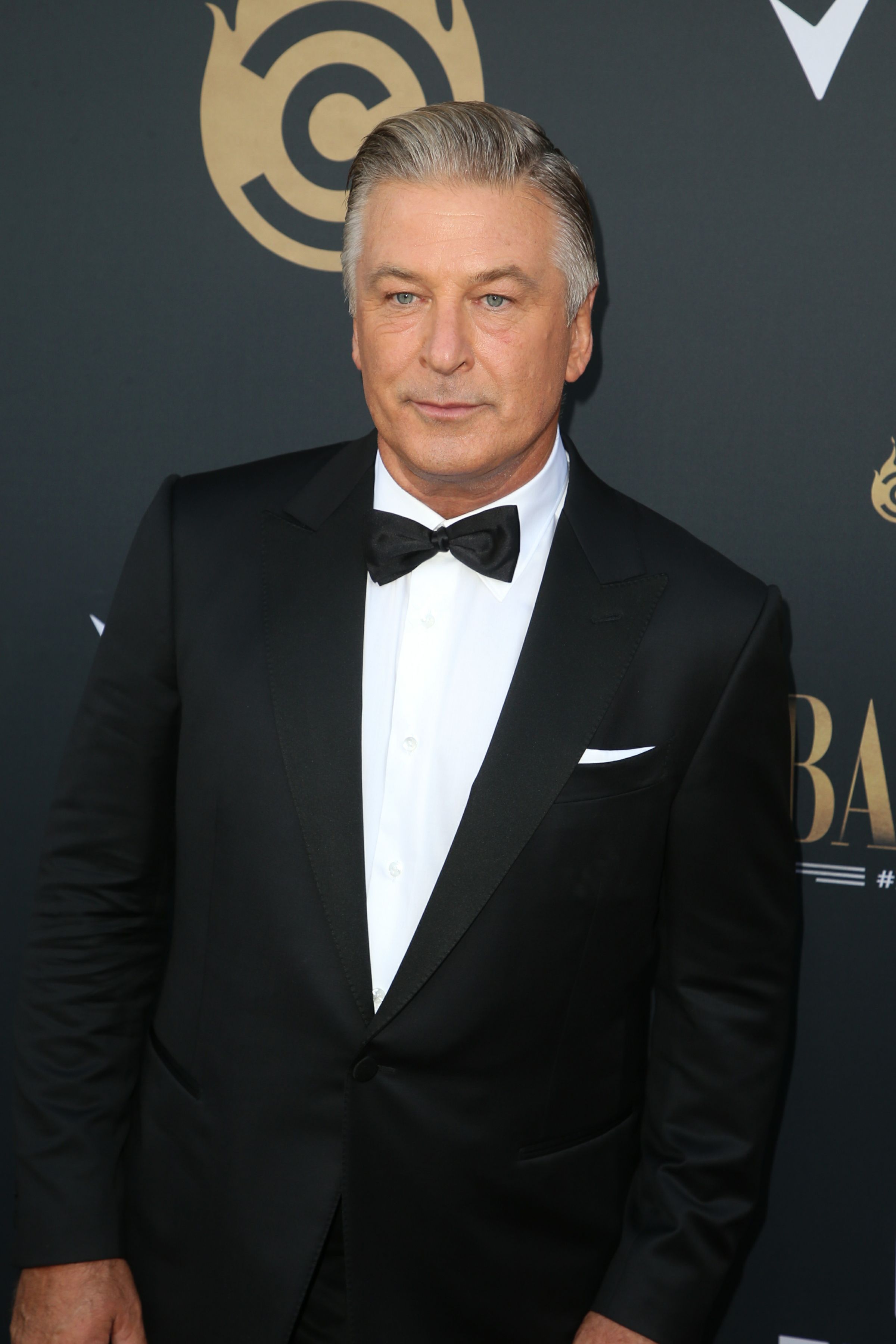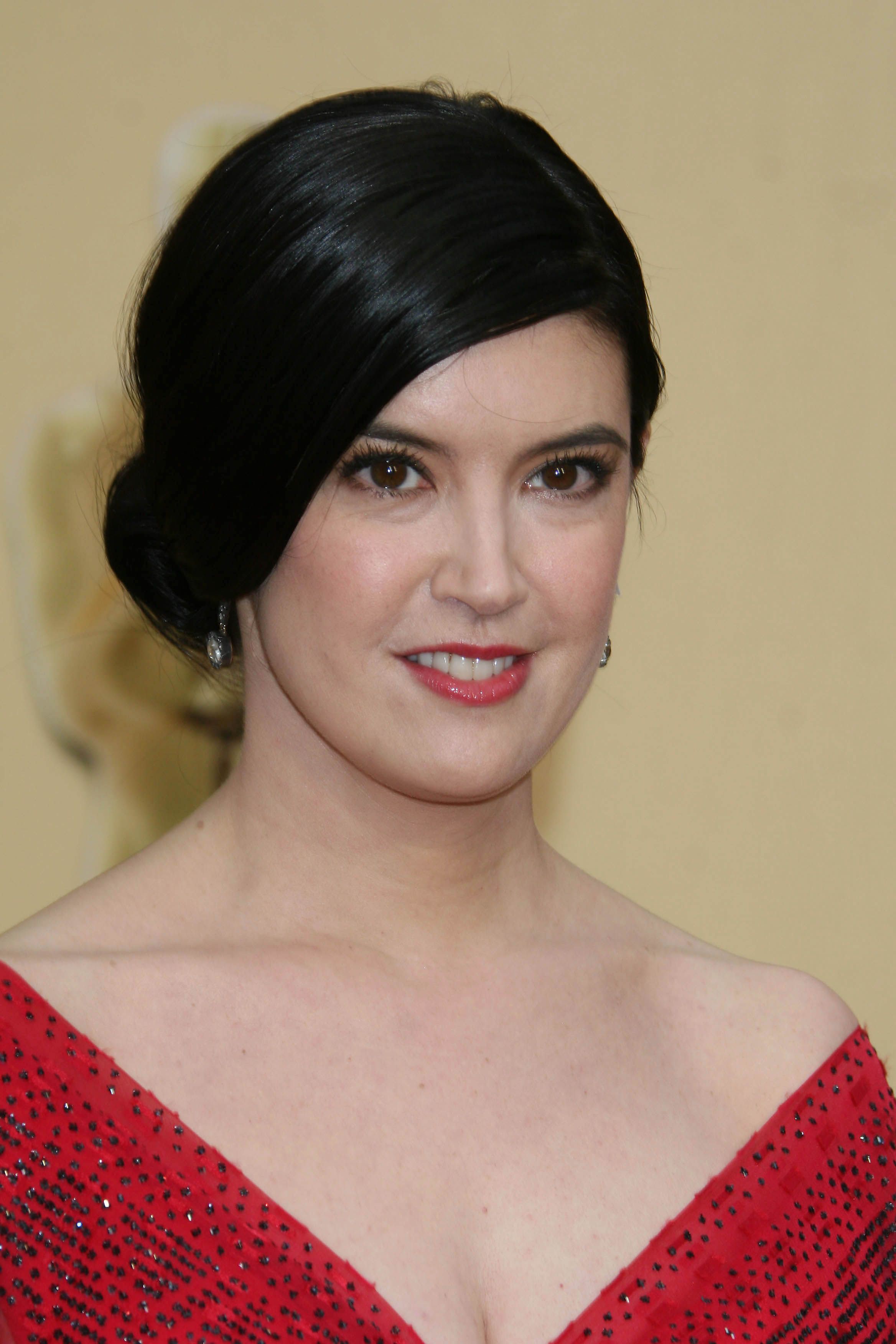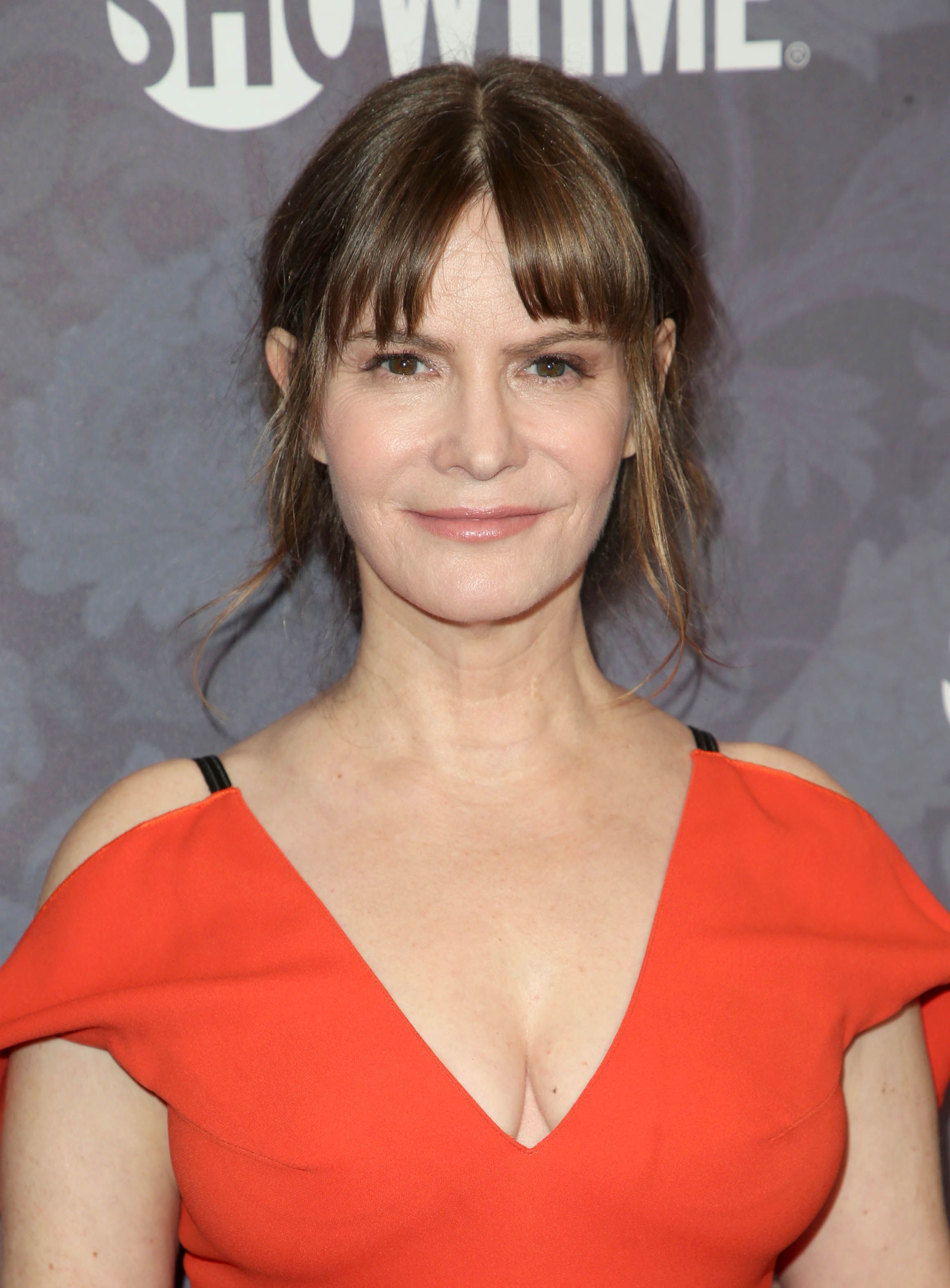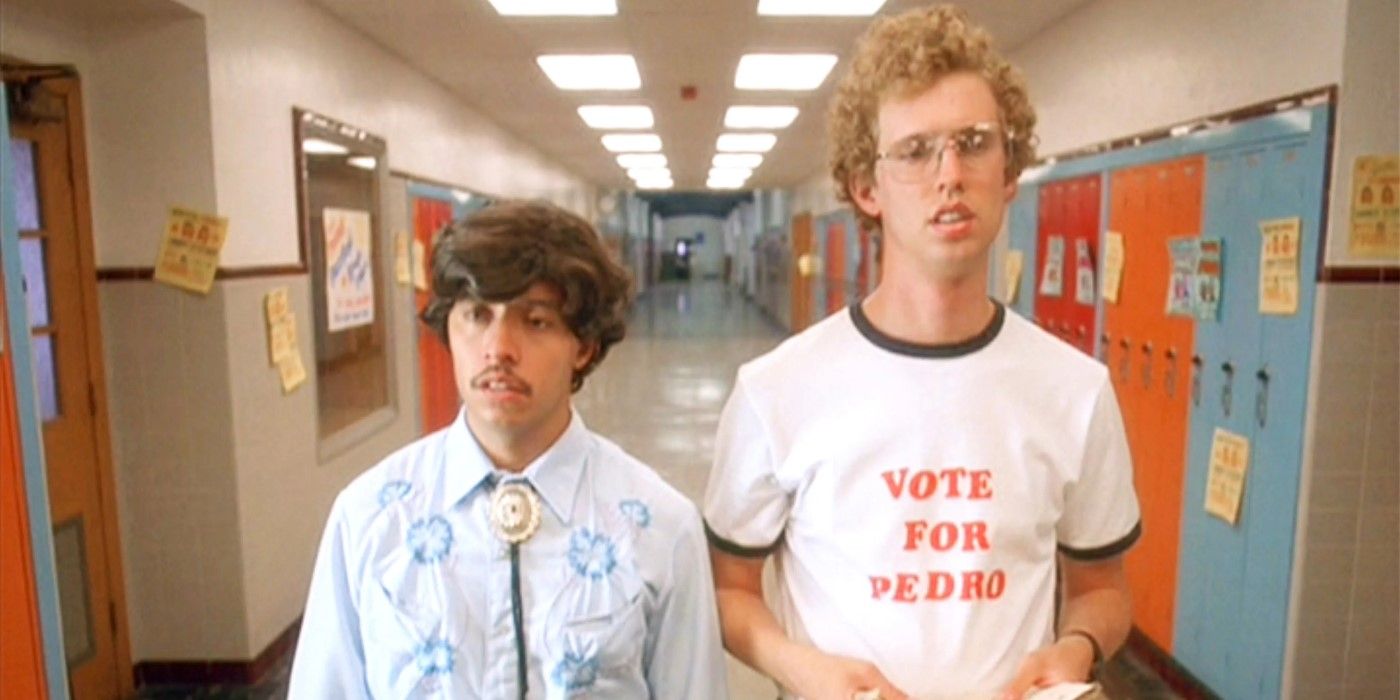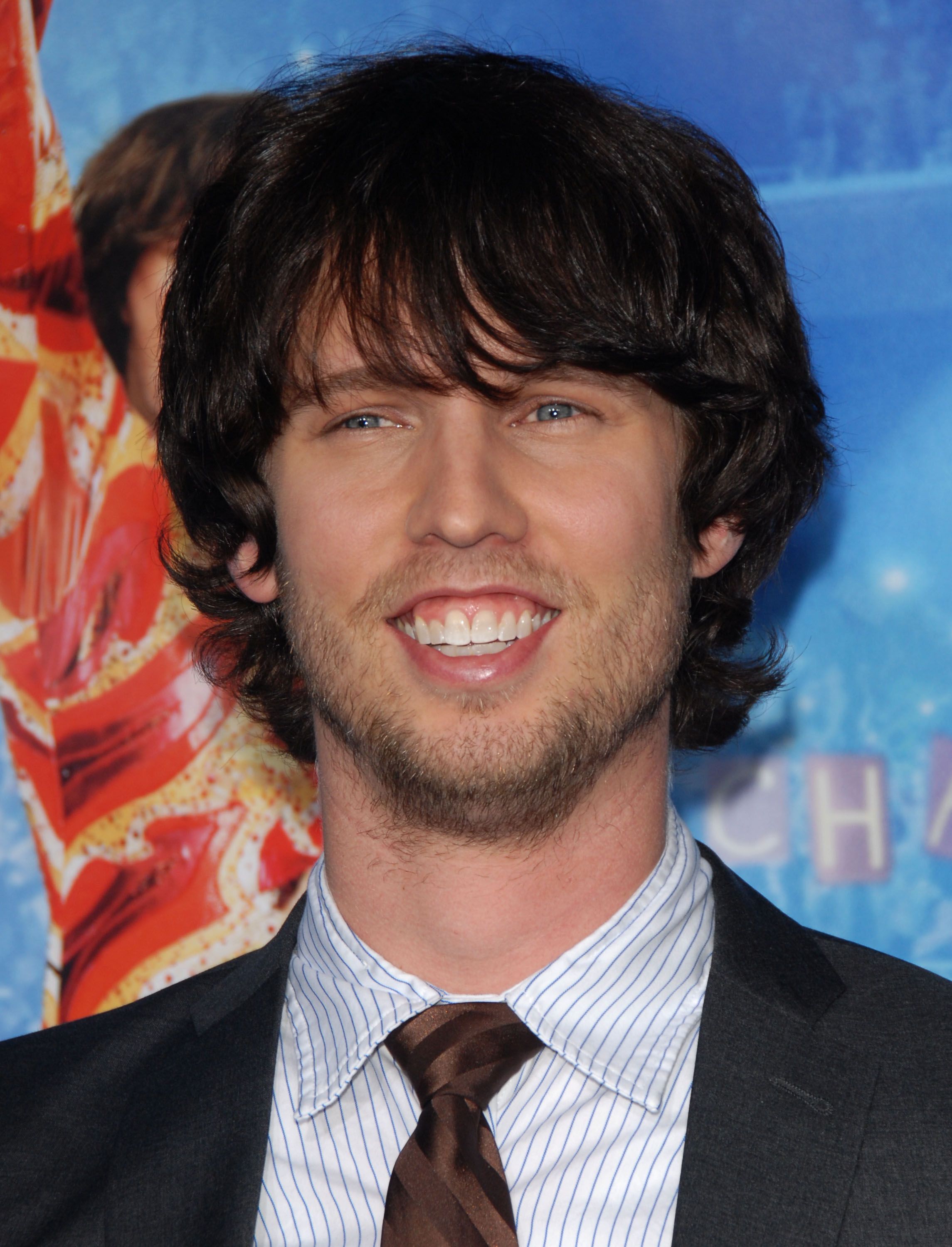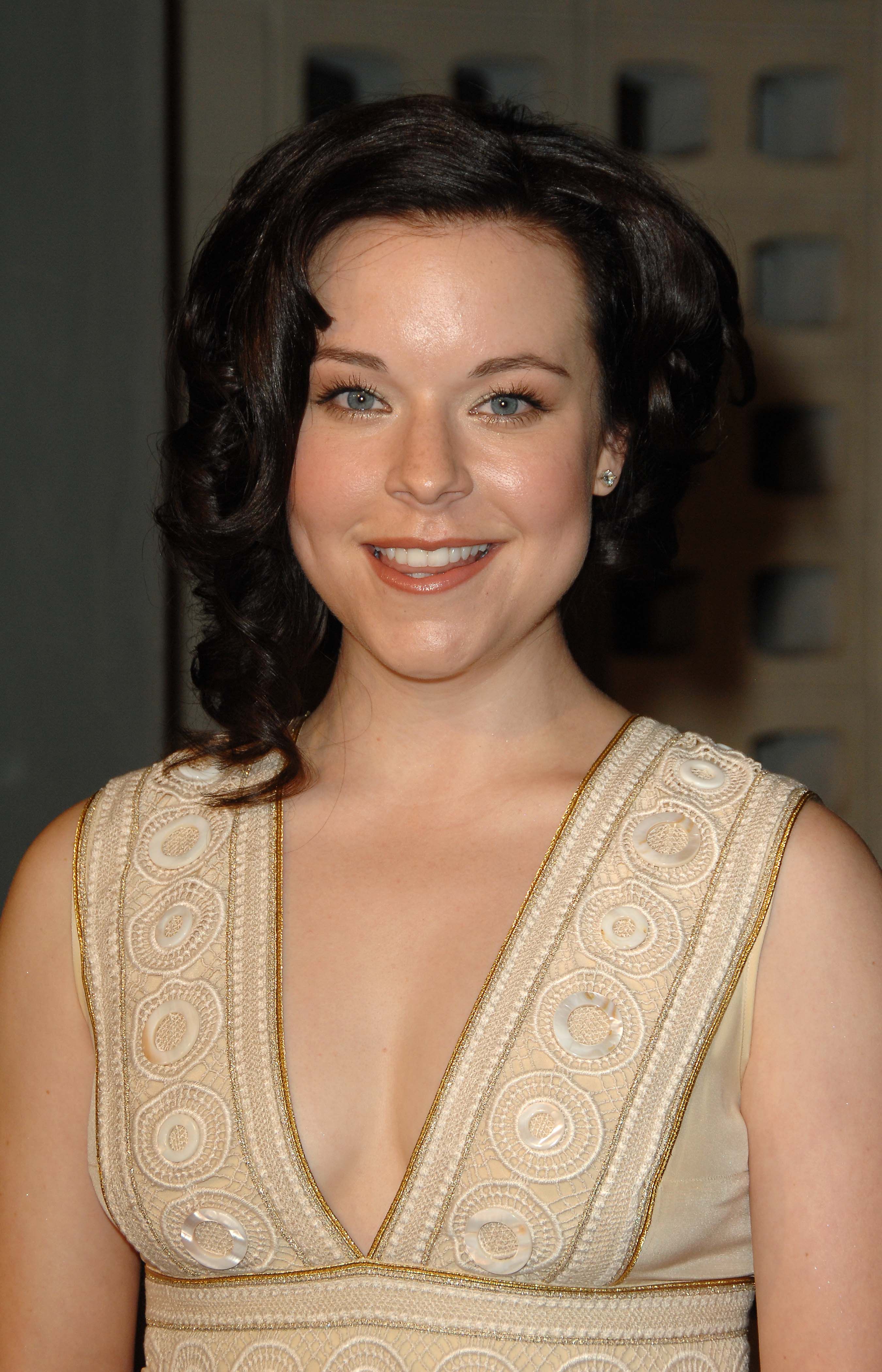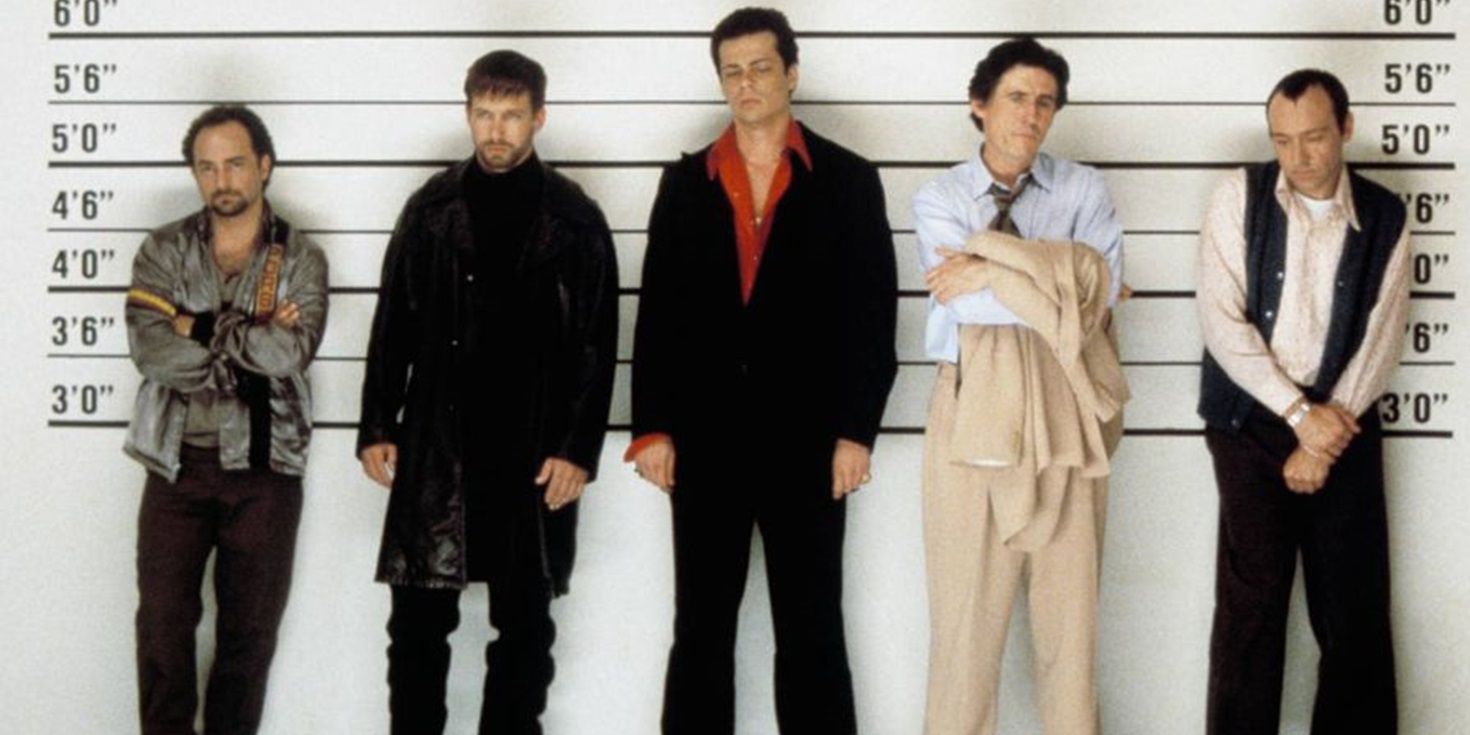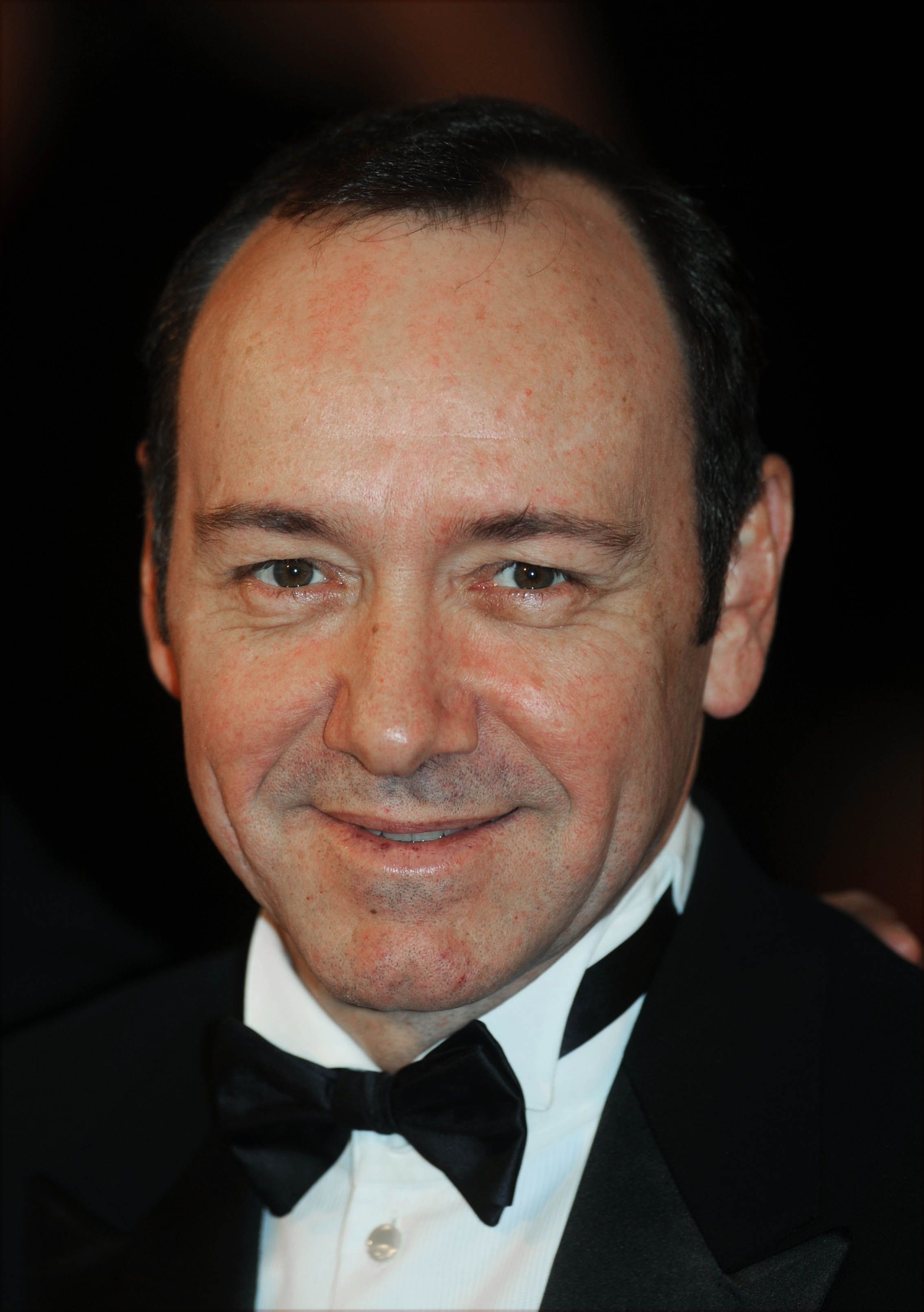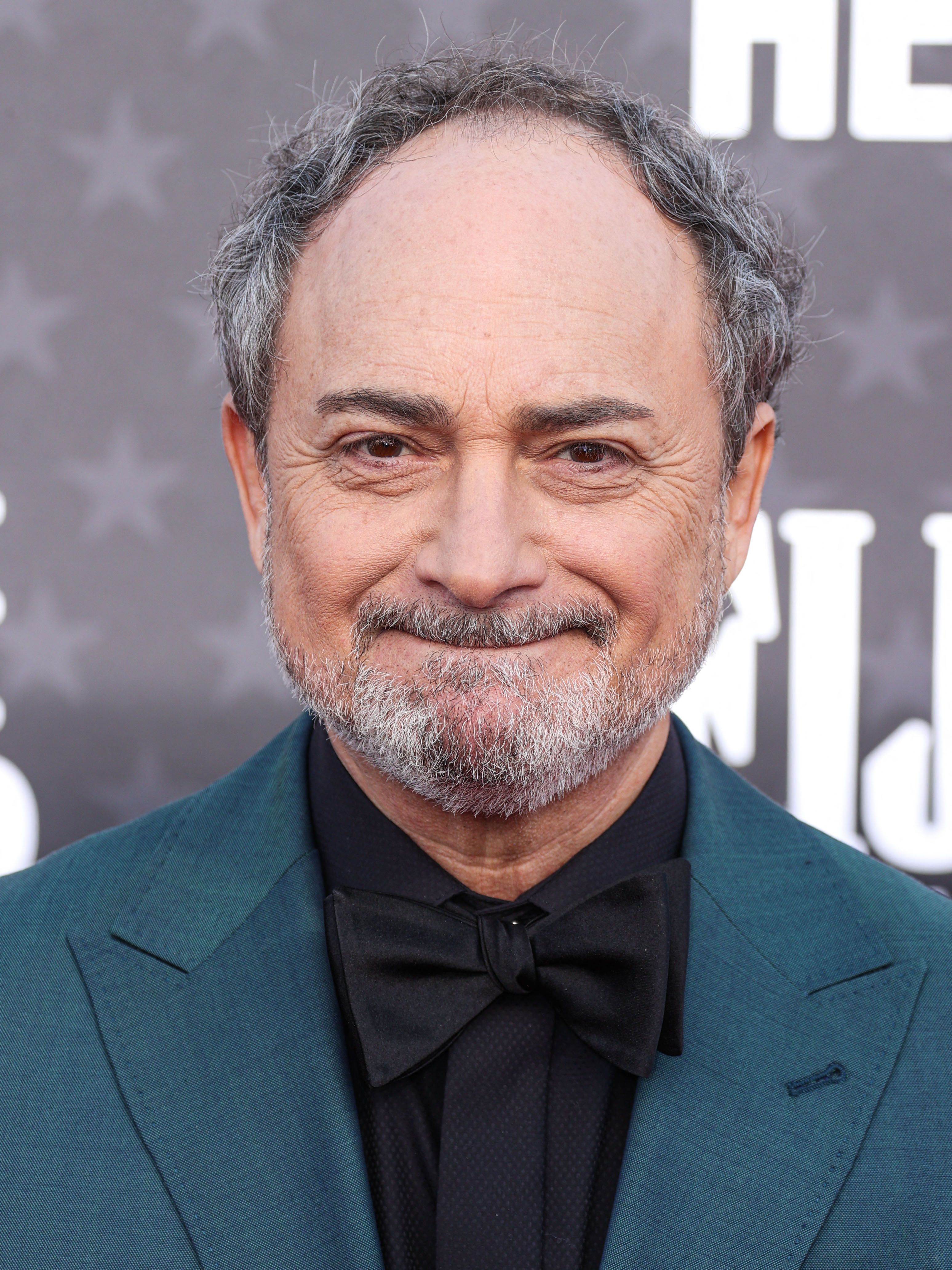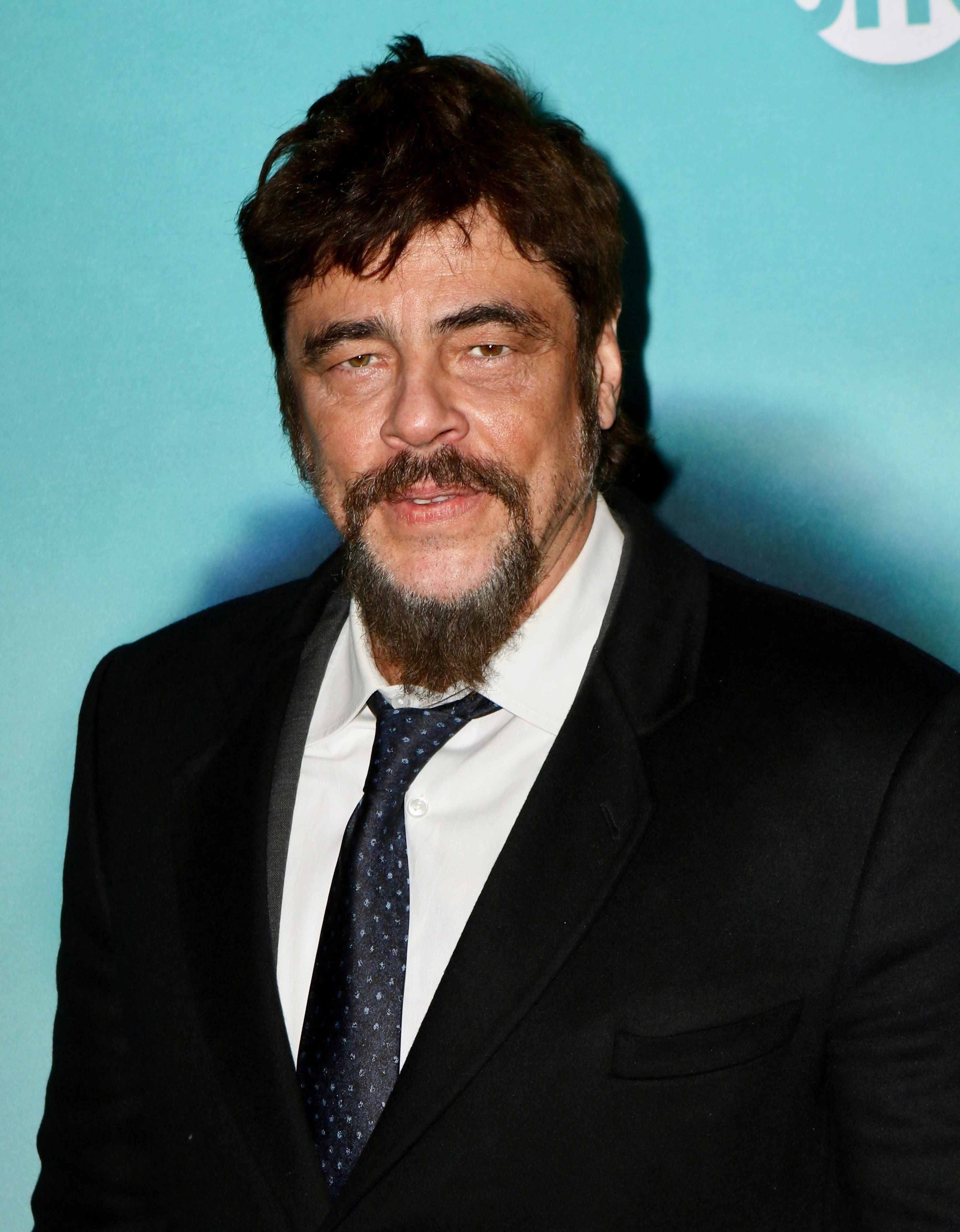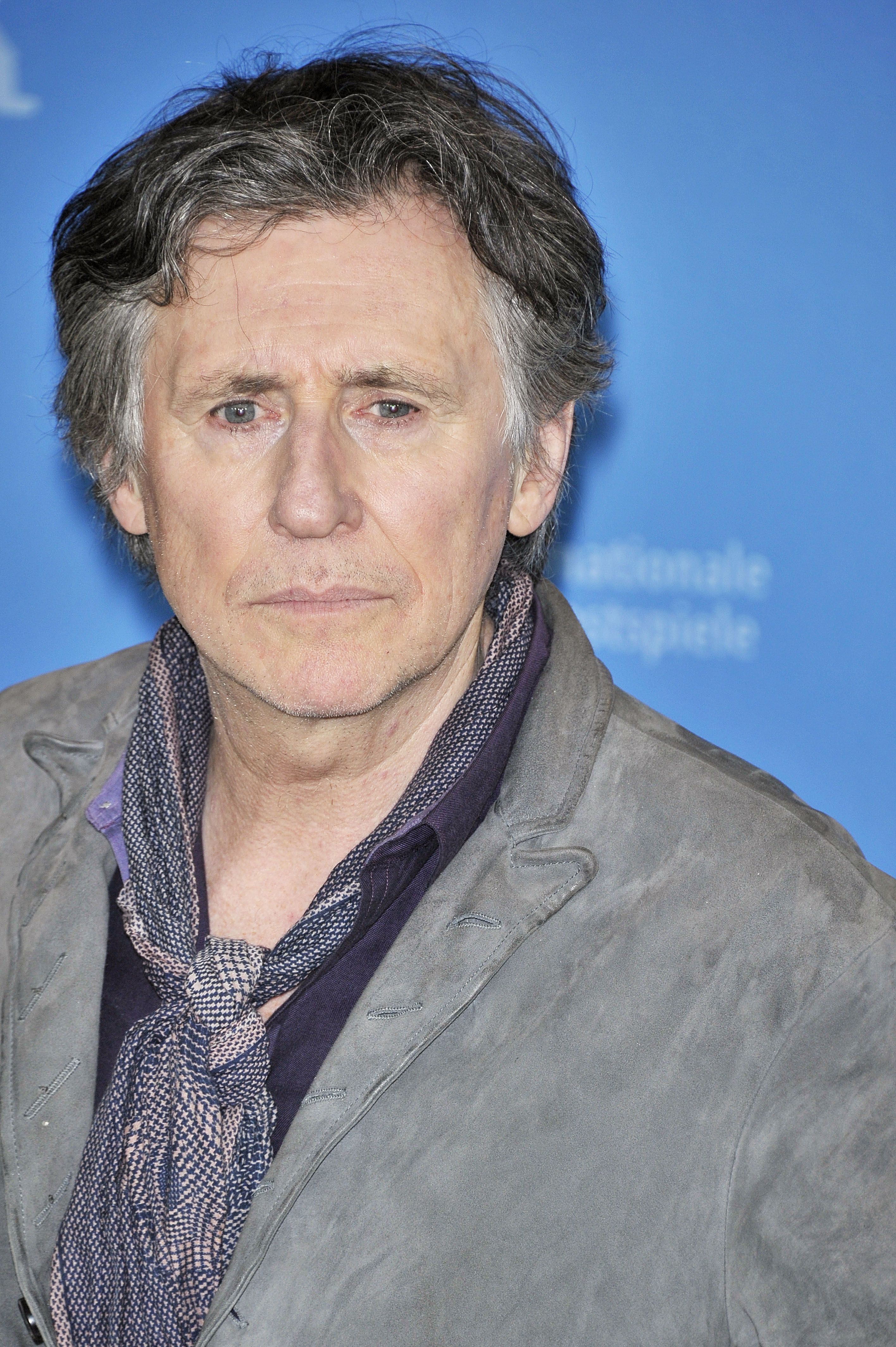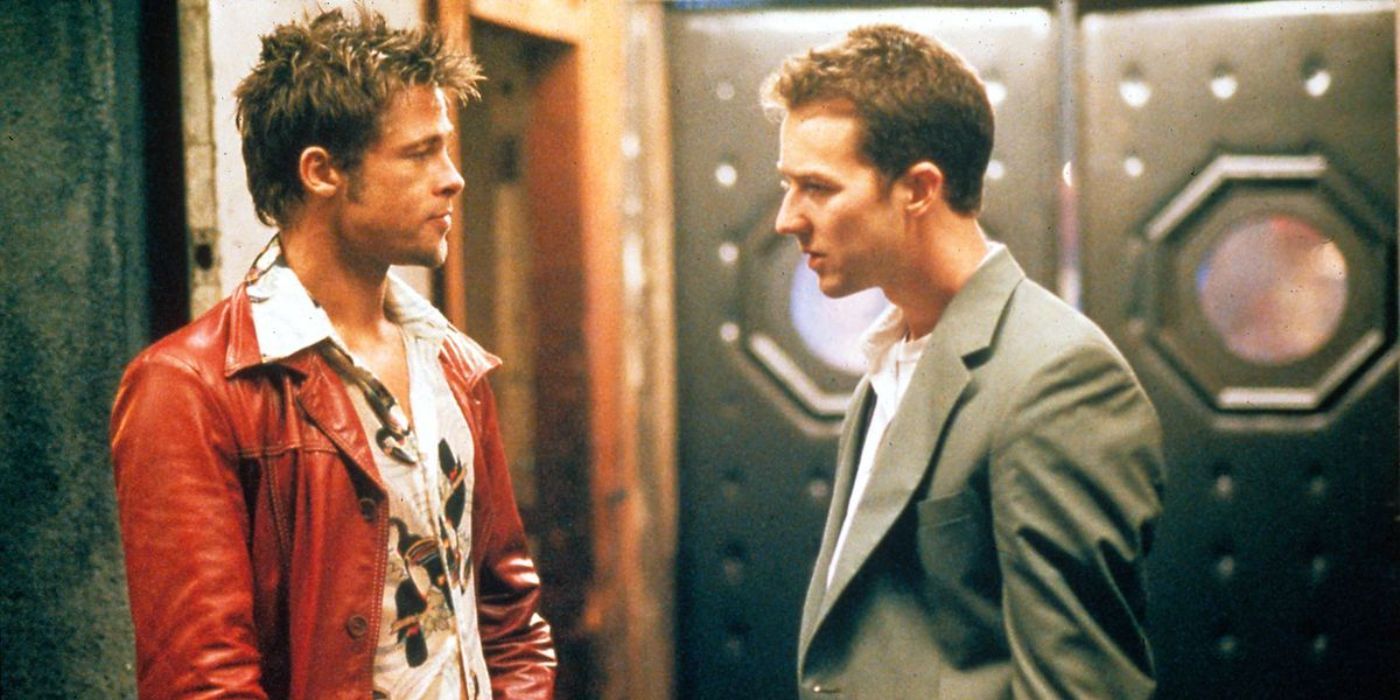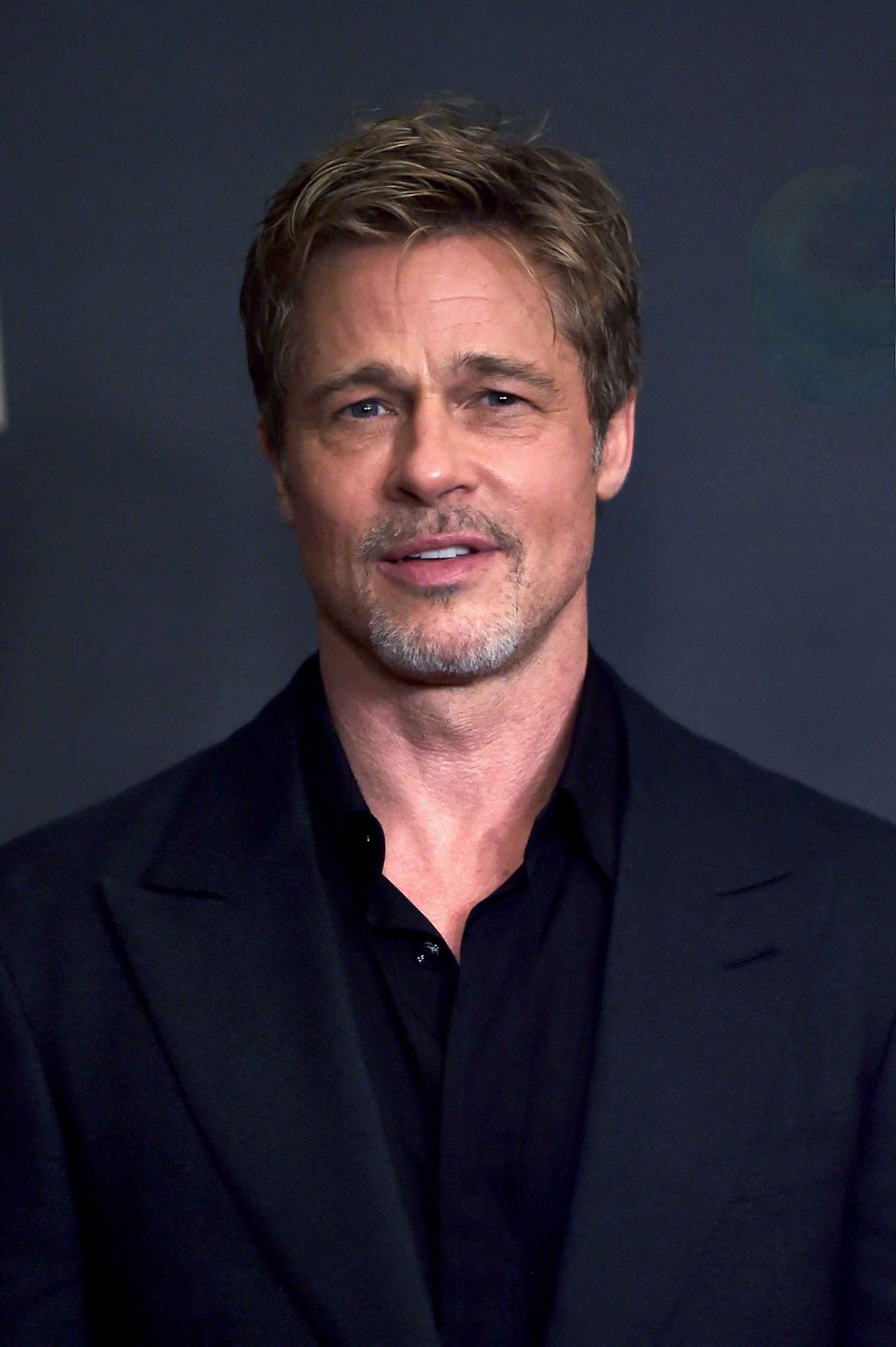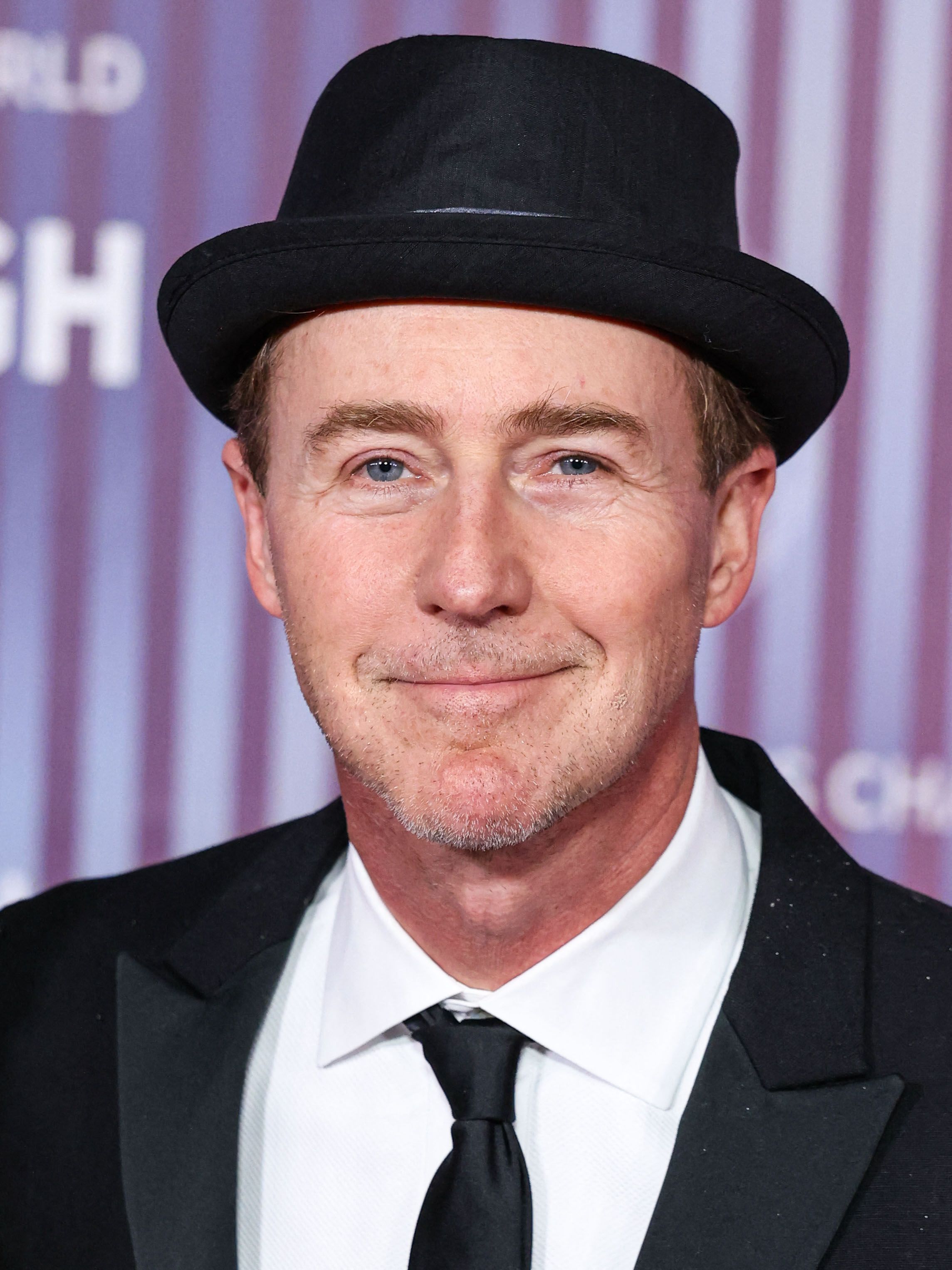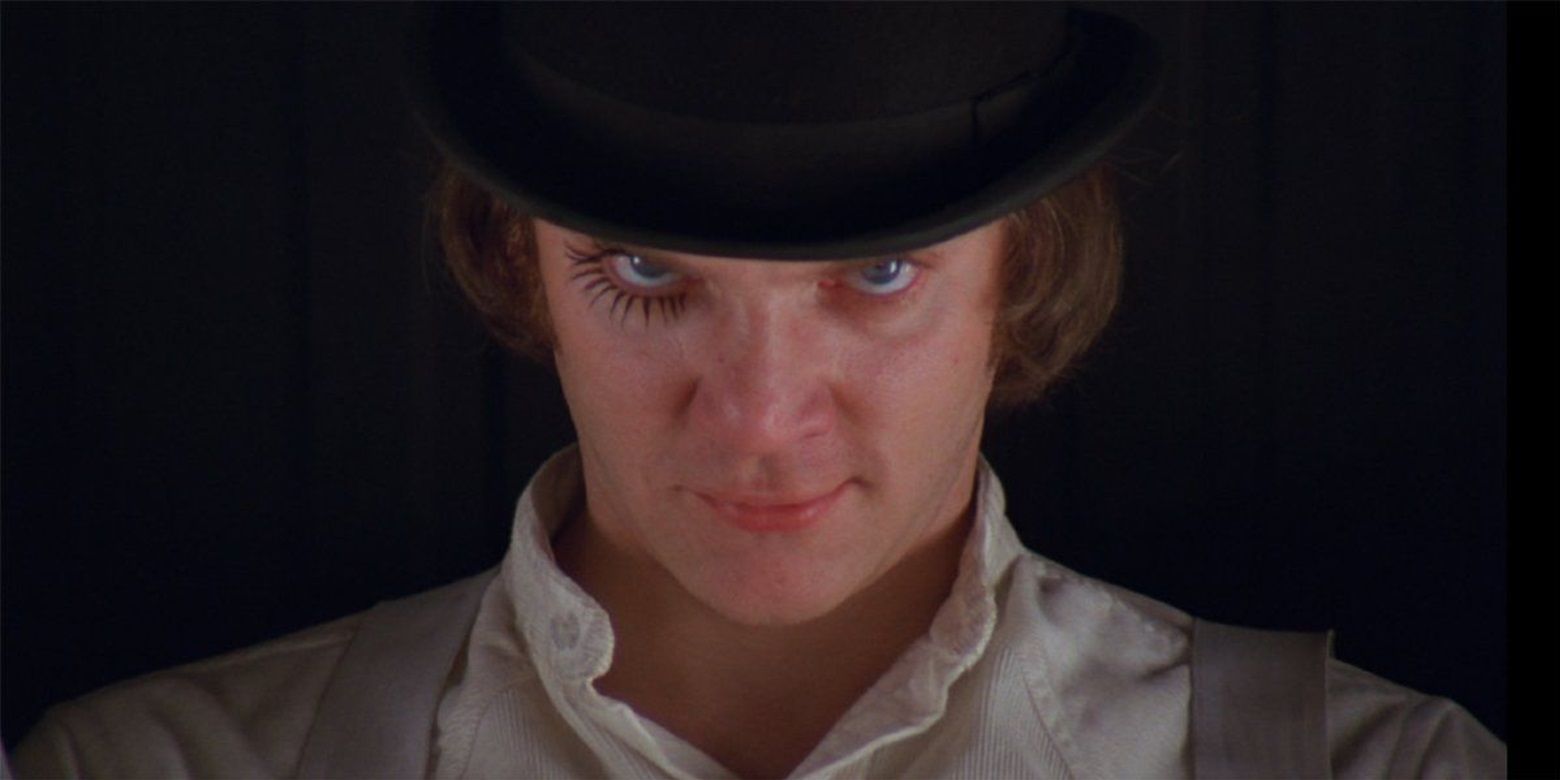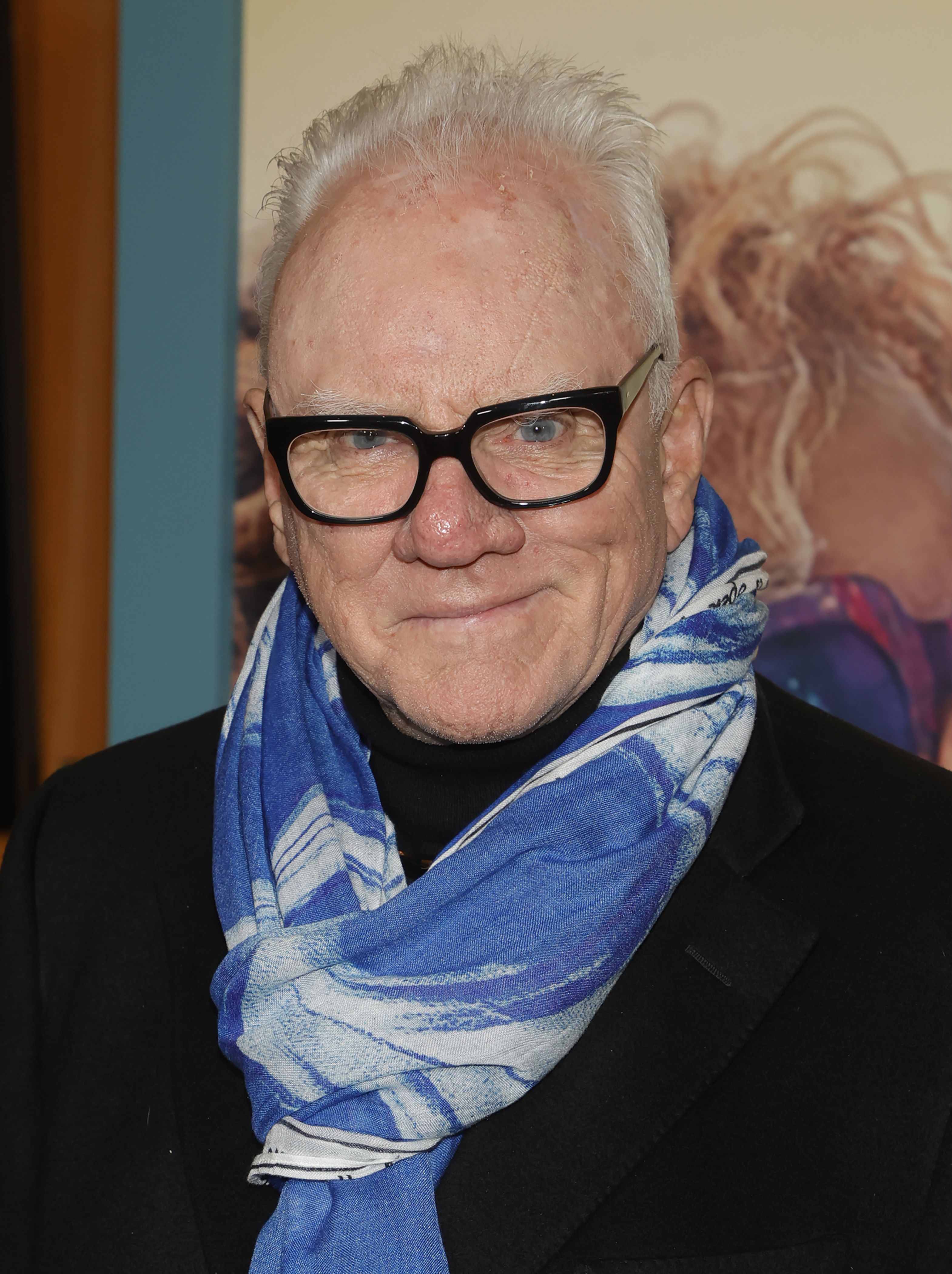Related
Summary
There are a number of picture show that renowned film criticRoger Ebertpanned when they were first released , but have since gone on to be considered classic and cult favorites . During his prolific calling , Ebert launch himself as an authoritative voice in film criticism through his heedful analysis and judgment of cinematic workings . However , there were illustration where his initial appraisal of certain movies were out of step with the esteem and appreciation the films would earn over metre . Though the astuteness of his knowledge is undeniable , Ebert occasionally directed harsh unfavorable judgment at movies which later on found widespread acclaim and audiences .
Time has shown that the meritoriousness of some moving picture are revealed gradually . There are examples of movies brush aside in their Clarence Shepard Day Jr. as lack substance or art , only to be regarded as seminal entries in the medium years later thanks to freshly recognized subtext or influence . While no critic can be expected to predict every film ’s lasting implication , it is interesting to count back at selections from Ebert ’s mass of revue and probe pillowcase where his educated perspective failed to greet qualities that allowed certain films to transcend other literary criticism and become classic .
10Tommy Boy (1995)
Roger’s Rating: 1 / 4 Stars
No one is funny in Tommy Boy . - Roger Ebert
WhenTommy Boywas released in 1995 , renowned plastic film critic Roger Ebert yield the sidekick funniness a rough review , rat it just 1 out of 4 stars . He claimed “ no role is mirthful ” besides the scoundrel played by Rob Lowe , and that the moving-picture show overall miss any memorable lines or truly humorous minute . However , over clip , Tommy Boyhas become a beloved drollery classicthanks to Chris Farley ’s loveable and screaming carrying into action . Though advanced critics like Ebert may have realize the movie as vulgar and deadening , its simplicity and earnest charm have allow it to age implausibly well as a funniness cult favored for Farley fans .
9Hocus Pocus (1993)
Cast
Giving a evaluation of just 1 out of 4 virtuoso , Roger Ebert seemed immune to the quirky charm ofHocus Pocus . He liken view it to take care a party where everyone is in on an inner jokethat goes over your head . While there are someharsh reality rewatchingHocus Pocus30 year later and the premiss is avowedly cockamamie , that is incisively what makes it appealling for so many to this daytime . What Ebert notice lacking in coherent tale and role development has been cover as the cinema ’s potency , which is never taking itself too seriously and reveling in the playful absurdness .
8Dead Poets Society (1989)
Roger’s Rating: 2 / 4 Stars
Dead Poets Societywith its glowering academia aestheticis often think a touching ode to the power of education thanks to Robin Williams ' inspiring public presentation as an English teacher who further his educatee to seize the day . However , Roger Ebert took issue with what he run across and give the plastic film 2 out of 4 stars . He criticized the aroused arcs as false and clunky , despite congratulations for Williams . While Ebert ’s cinematic depth psychology has proven abrupt innumerous times , the ethnical footprint left byDead Poets Societysuggests he misjudge the impingement this taradiddle would have , asDead Poets Societypersists as a classic .
7Raising Arizona (1987)
Roger’s Rating: 1.5 / 4 Stars
The Coen Brothers ’ crime comedyRaising Arizonalanded in 1987 and go forth Roger Ebert unconvinced . He took result with its overstated characters , believing their silly comedic dialect and the film ’s surrealistic nature create jarring tonal dissonance . Ebert debate it failed to bray itself either in reality or full pull to outlandish fantasy . However , the weirdness that confused Ebert is what makes it a great picture today . The thick southerly accents and goose jinks enhance aroused investing rather than undermine it . For many , Raising Arizonaremains an ingeniously funny laugher proving their radically distinguishable vision was already fully formed from the kickoff .
There are many thing buff love about Coen Brothers pic , and one of those is the negotiation . So which are the dear one - liners from the duo ’s body of work ?
6Beetlejuice (1988)
Roger’s Score: 2 / 4 Stars
Tim Burton ’s gloriously morbid sensibility have deliver the goods him a legion of fans , but often left Roger Ebert cold . While Ebert praise the film ’s situated design , he took take with what he learn as emphasis on curious gimmicks over theatrical role development . Despite the review article , this wedding of the eccentric and mundane perfectly encapsulates the weird , but heartfelt magical spell pulse through Burton ’s in effect works . Keaton ’s risky functioning beguile a slick balance between creepy and playful that resonates decades later in innumerable Halloween costumes . Though Ebert felt there weredetails inBeetlejuicethat did n’t make sense , the film hold out not in spite of its oddities , but on the nose because of them .
5Fast Times at Ridgemont High (1982)
Unlike most panned picture show that Roger Ebert still managed to find redeeming quality in , his review for the 1982 come - of - age classicFast Times at Ridgemont Highwas unapologetically vituperative . He referred to Amy Heckerling ’s directorial debut chronicle teen life as a “ scuz - pit ” completely lacking any comedic awareness . Ebert see only unenviable missteps where most spectator discover one of the decennium ’s defining stripling clowning . While invoke humor is undeniably immanent , clock time has irresistibly vindicated the pic ’s resonance . Its balanced blend of raunchy mentality and earnest characters struggle through universal juvenile growing nuisance have earned it not just interminable rewatches , but preservation in the Library of Congress .
From Sean Penn to Jennifer Jason Leigh , some Fast Times at Ridgemont High cast members went on to become big stars with fertile vocation .
4Napoleon Dynamite (2004)
Comedy can undoubtedly be the most subjective genre , often yielding vastly conflicting reactions between critics and oecumenical audiences . This was exemplified by the polarise responses to 2004 ’s quirky coming - of - age storyNapoleon Dynamite . RogerEbert took particular issue with the film ’s offbeat leanings into odd behaviorand deadpan delivery . He felt the charm relied too to a great extent on forced awkwardness that it crush any genuine laugh . Almost 20 year after the film ’s release , the sheer idiosyncrasiesquotable phone line of Napoleon Dynamiteendure as comedy gold . Napoleon Dynamitespeaks to quirky outsiders everywhere , and the moving picture ’s earnest nature excuse why so many still celebrate the film today .
3The Usual Suspects (1995)
Whilethe ending ofThe Usual Suspectsis considered one of the best , Roger Ebert feel the 1995 film ’s third act reversal undermined its impact . He wanted complex aroused truth , not narrative skullduggery , prioritizing jar note value over meaningful character development . Despite this , many delight in trying to outsmart and unravel the deceptive narrative , activate engaged viewership . The motion picture is full of substance and sly stylus , tempt audiences into superimposed deceit that wager with sensing and memory while being anchor in neo - noir aesthetics and magnetic character reference . For many , that balance of intrigue and worked up investment induce its handling and revealed braid all the more astonishing .
2Fight Club (1999)
Roger Ebert awarded David Fincher’sFight Clubonly 2 out of 4 whiz , as he believe its scathing squelcher of mod masculinity and capitalism descended into forgetful hostility and fascistic ideals . While the moving-picture show ’s vehemence is extreme , its intuitive intensity mouth to a very real sense of alienation and powerlessness . Fincher rely the interview to glean unassumingness beyond sensationalism . For those who relate to the characters , Fight Clubremains a battle shout against atmospheric pressure to conform that stomp out individual identity . Though Ebert understandably bounce , the film continues to reflect the internal turmoil of those trap between who they are and who society demands they become .
1A Clockwork Orange (1971)
Though controversial for its in writing force upon release in 1971 , Stanley Kubrick ’s dystopian filmA Clockwork Orangeendures as a masterpiece analyze human nature . Ebert felt Kubrick failed to establish a clear moral view on the magnetic , yet sadistic champion Alex . As worrying as his criminal offense are , the motion picture continues resonate for the timeless questions it poses about free will , reform , and society ’s tendency for harshness over empathy . Kubrick ’s involuntariness to simplify the iniquity within men has kept the motion-picture show relevantas social commentary . DespiteRoger Ebert ’s title , A Clockwork Orangeremains a staple fibre of cinema for its singular vision cementing the film ’s enduring allure .
